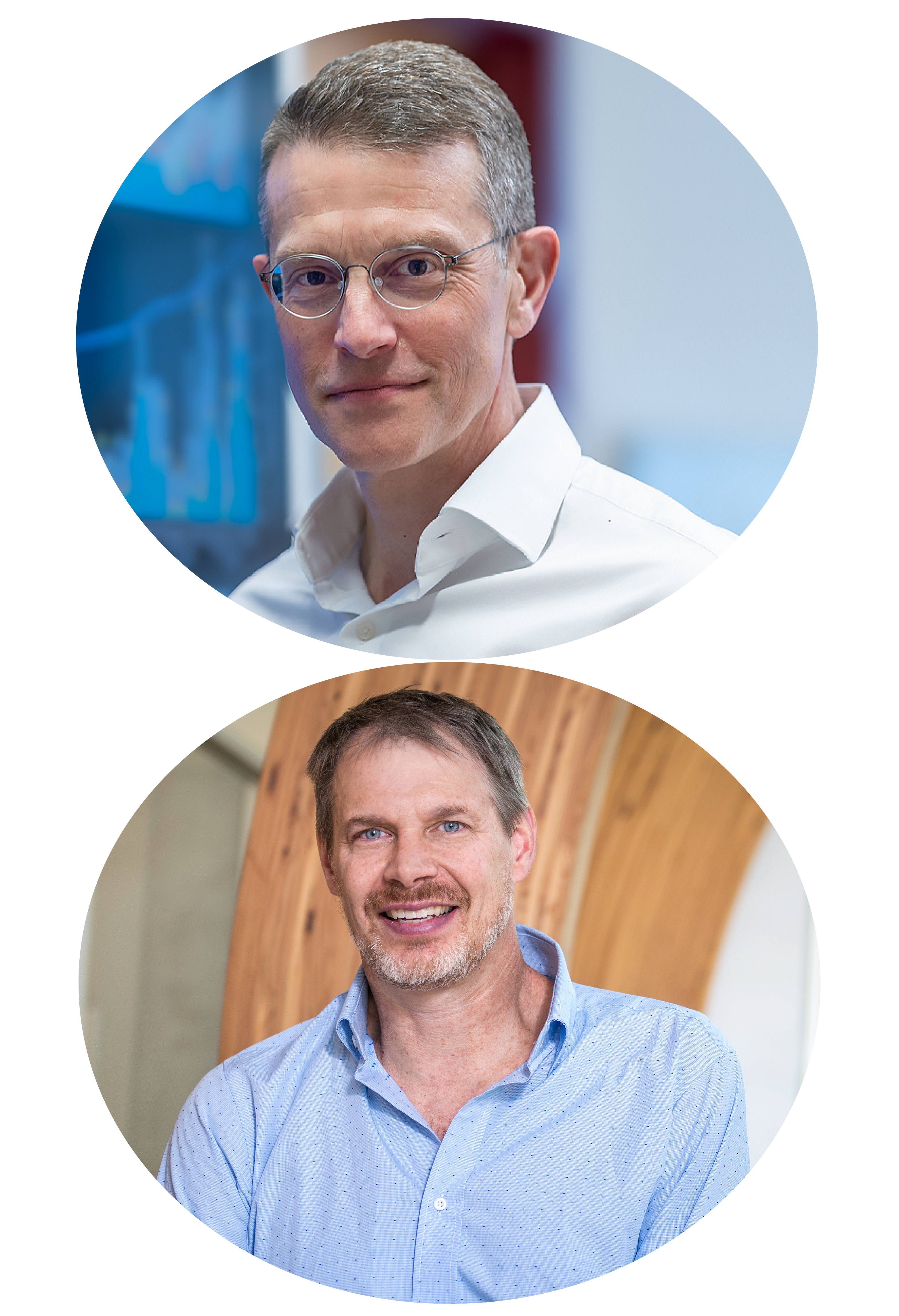About Us
Timeline
1987
The Biotechnology Laboratory officially opens
In 1987, UBC made a bold investment by establishing Canada's first interdisciplinary biotechnology unit. Dr. Michael Smith was named the founding Director of the Biotechnology Laboratory where he recruited some of the brightest minds. This unit quickly became a resource for the entire university, encouraging biotechnology advancements across the campus and in the wider scientific community.
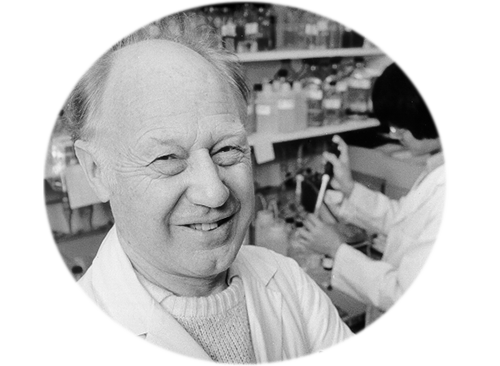
1988
Prominent scientists and engineers recruited to the Biotechnology Laboratory
With the Biotechnology Laboratory officially open, Dr. Michael Smith made it his first priority to recruit some of the finest up-and-coming scientists and engineers to UBC. The first professional appointments to the Biotechnology Laboratory from 1988-1989 included Drs. Brett Finlay, Wilfred Jefferies, Jim Kronstad, James Piret, Terry Snutch, Robin Turner, John Carlson, and Louise Glass. Academic appointments span across five faculties including Science, Medicine, Applied Science, Forestry, and Land and Food Systems, emphasizing a cross-disciplinary approach to the full range of exciting biotechnology issues.
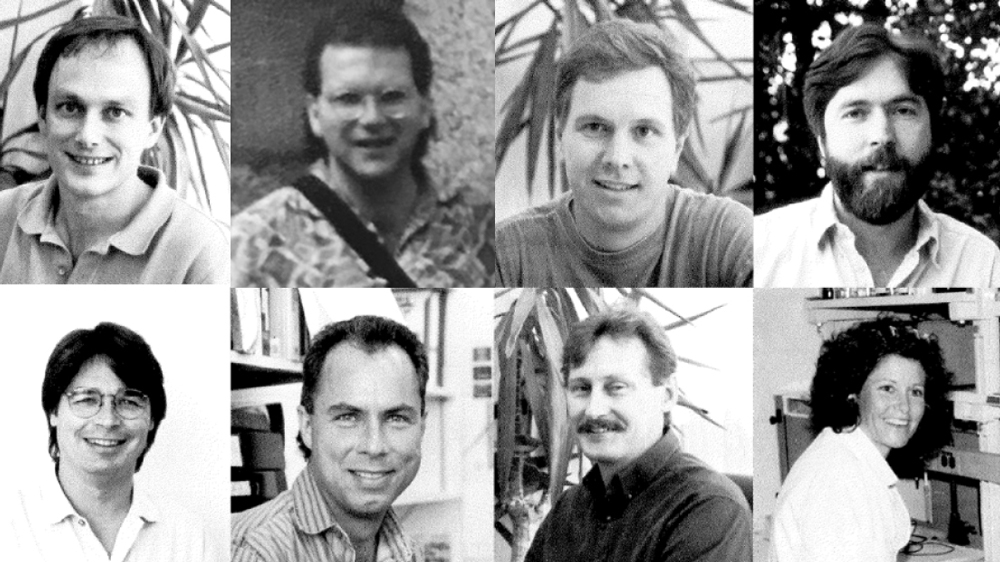
Pictured (L-R): Brett Finlay, Wilfred Jefferies, Jim Kronstad, James Piret, Terry Snutch, Robin Turner, John Carlson, and Louise Glass.
1992
Darlene Crowe hired by Michael Smith as lead administrator
Darlene Crowe joins the Biotechnology Laboratory as administrative staff. She worked closely with Michael Smith, playing a foundational role in the creation of the organization, setting up the tenure and promotion structure for faculty and championing the novel aspects of the laboratory. Well-connected across UBC campus, Darlene was renowned for her exceptional organizational and creative problem-solving skills and was integral to the growth and development of the Biotechnology Laboratory over her 21-year tenure.
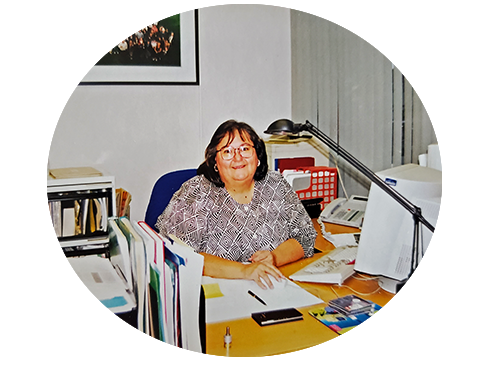
1993
Dr. Charles Haynes recruited to the Biotechnology Laboratory
Dr. Charles Haynes, a chemical engineer, was recruited to the Biotechnology Laboratory in 1993. The central objective of Dr. Haynes’ research program is to improve the understanding of the interfacial behavior of biomolecules and cellular systems and to use this fundamental knowledge to invent new technologies and instruments.
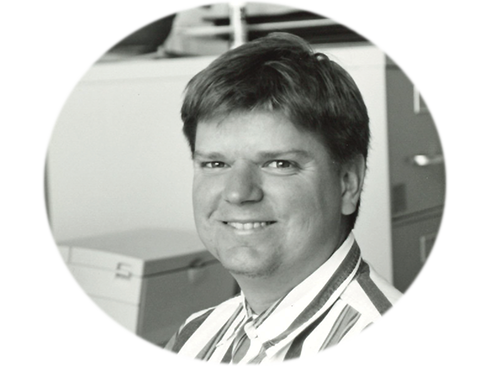
Dr. Michael Smith awarded Nobel Prize in Chemistry
In 1993, Dr. Michael Smith received the Nobel Prize in Chemistry for his research on site-directed mutagenesis, a technique where a specific DNA sequence could be altered in a targeted manner. Smith shared the Prize with Dr. Kary Mullis for his invention of the PCR method. Smith's research opened the door to entirely new fields such as genetic engineering and synthetic biology.
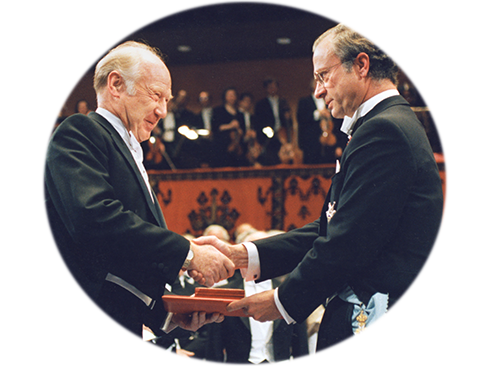
1994
SonoSep Technologies Inc develops cell separation device
SonoSep Technologies Inc., a spin-out company from Dr. James Piret's lab and collaborators, developed a new cell separation device. Particulate material suspended in a fluid could be separated and recycled using the device's ultrasonic resonance wave. This research was outlined in Nature Biotechnology.

1996
The Biotechnology Laboratory appoints Dr. Doug Kilburn as the new Director
The Biotechnology Laboratory appoints Dr. Doug Kilburn as the new Director. He played an integral role in developing the associate member program and built key relationships with the genome sciences centre. Well-recognized and highly-reputable, Dr. Kilburn succeeded Dr. Michael Smith as the Director of the Biotechnology Laboratory.
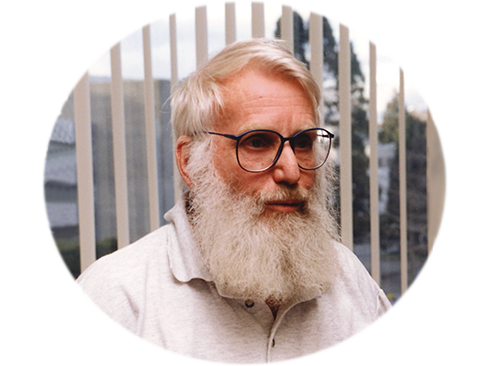
1997
Dr. Phil Hieter joins the Biotechnology Laboratory
In 1997, Dr. Phil Hieter joins the Biotechnology Laboratory. The Hieter lab develops and applies genetic and biochemical methodologies in the model organism, Saccharomyces cerevisiae (bakers yeast), to better understand the molecular components required for chromosome transmission. The overarching goal of the Hieter lab is to relate the work with yeast to human cancer.
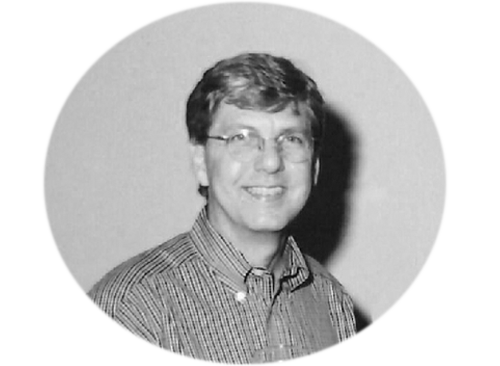
1998
First fiber-optic-linked probes for UV Resonance Raman spectroscopy
Researchers from the Biotechnology Laboratory have developed the first high-performance fiber-optic probes suitable for long-term use in pulsed ultraviolet resonance Raman spectroscopy applications in the deep- UV (DUV, 205-250 nm). The results were published in a paper in Applied Optics. Faculty members, Drs. Robin Turner and Charles Haynes, were involved in this project.
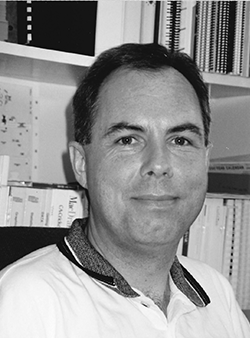

Pictured (L-R): Robin Turner and Charles Haynes
Dr. David Ng joins the Biotechnology Laboratory
The Biotechnology Laboratory welcomes Dr. David Ng as the Director of the Advanced Molecular Biology Laboratory (outreach and science education component). Dr. Ng is a geneticist, science educator, science literacy academic, and faculty member. His current research interests involve concepts of science and creativity, as well as game-based learning of science concepts.
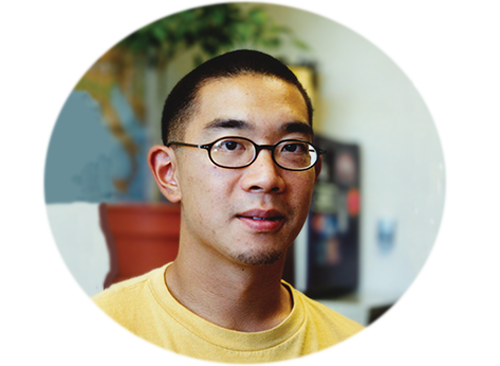
1999
Funding secured for a joint project between the Biotechnology Laboratory and BC Cancer Agency called the Centre for Integrated Genomics
The Centre for Integrated Genomics (CIG) is a joint project by UBC and the B.C. Cancer Agency that links gene studies, biotechnology, and cancer research. The project received $9.35 million from the Canada Foundation for Innovation (CFI) for the construction of a new biotechnology research building at UBC. Components of the CIG included the Genome Sequence Centre (previously directed by Nobel laureate Michael Smith), the B.C. Cancer Research Centre (previously led by Victor Ling) and the UBC Biotechnology Laboratory (previously directed by Doug Kilburn). The centre was unique in North America in that it will combine state-of-the-art gene research technology with the clinical practice of a comprehensive-service cancer organization.
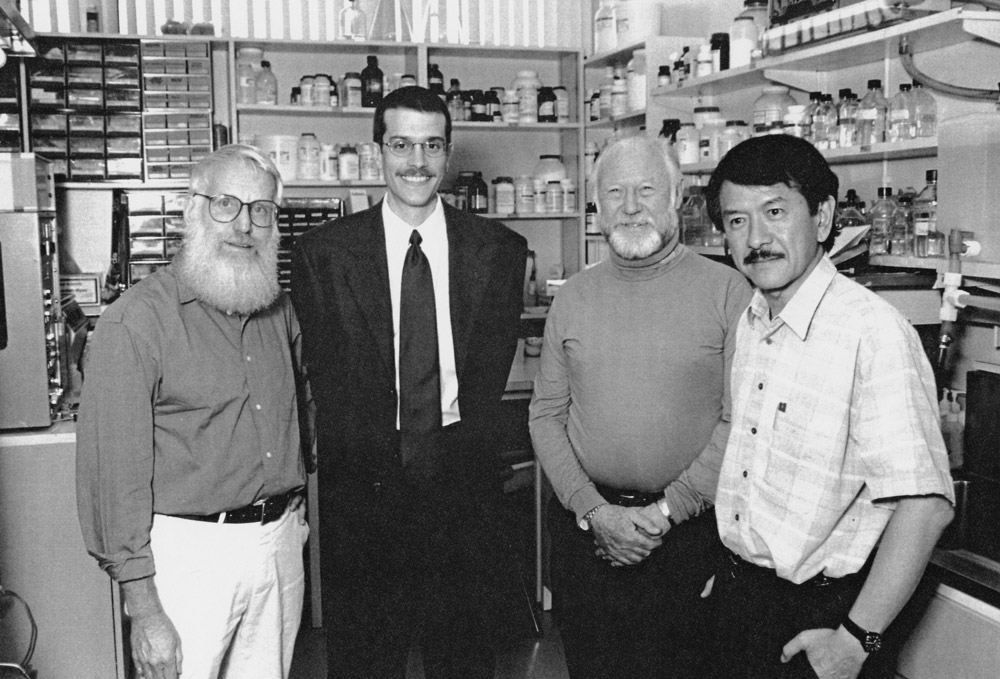
Pictured (L-R): Doug Kilburn, Marco Marra, Michael Smith, and Victor Ling
2000
Dr. Jorg Bohlmann joins the Biotechnology Laboratory
In 2000, Dr. Jörg Bohlmann joins the Biotechnology Laboratory. Dr. Bohlmann's research involves the molecular biochemistry and biology of plant secondary metabolites, genomics of conifers, grapevines, and various medicinal plants, and plant defense against insects.
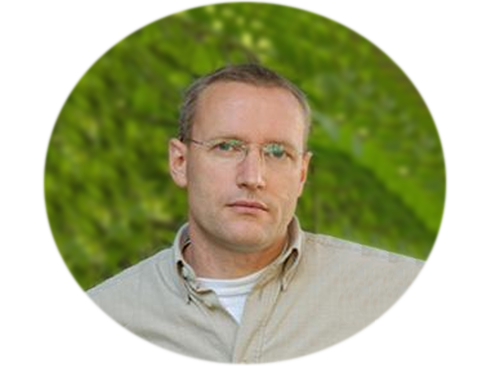
Dr. Wilfred Jefferies unveils role of transporters associated with antigen processing (TAP) as an immune surveillance for cancer
In a research paper published in Nature Biotechnology, Dr. Wilfred Jefferies discovers a major class of tumors that lack expression of the transporters associated with antigen processing (TAP). Dr. Jefferies suggests that TAP should be considered for inclusion in cancer therapies as it is likely to provide a general method for increasing immune responses against tumors regardless of the antigenic complement of the tumor or the MHC haplotypes of the host.
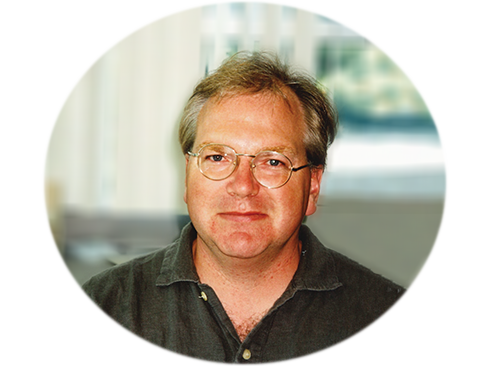
2001
Dr. Phil Hieter becomes Director of the Michael Smith Laboratories
In January 2001, Dr. Phil Hieter was appointed as the new Director of the Michael Smith Laboratories. He played a key role in the construction of the new building. Dr. Hieter succeeded Dr. Kilburn as the Director of the Biotechnology Laboratory.
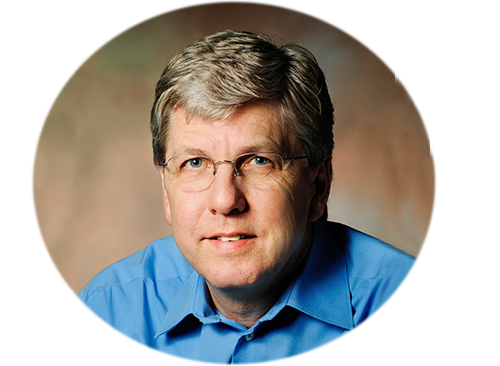
Dr. Charles Haynes contributes to the Human Genome Project
Dr. Charles Haynes and collaborators have developed and patented a method for improved DNA sequencing. The technology removes a former bottleneck in high‐throughput DNA sequencing and has enabled major projects such as the Human Genome Sequencing program to be completed faster and cheaper than originally planned.
“Elements of Precaution: Recommendations for the Regulation of Food Biotechnology in Canada” report released
In 2001, a Royal Society of Canada expert panel, chaired by Drs. Brian Ellis and Conrad Brunk, published Elements of Precaution: Recommendations for the Regulation of Food Biotechnology in Canada. This report was prepared by the Royal Society of Canada at the request of Health Canada Canadian Food Inspection Agency and Environment Canada.

Dr. Xin Li joins the Biotechnology Laboratory
The Biotechnology Laboratory welcomes Dr. Xin Li, an expert in plant immunity. Dr. Li's lab uses a combination of molecular genetics, biochemical, and genomics to understand the natural resistance mechanisms of plants against microbial pathogens including fungi, bacteria, and viruses.
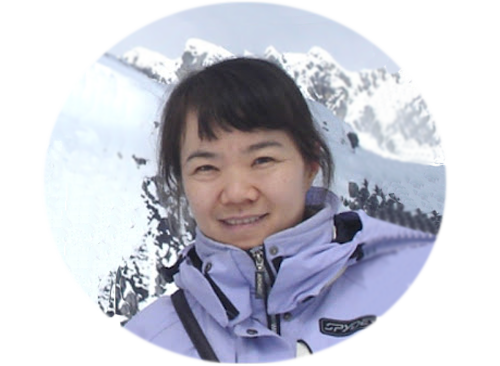
Drs. Terry Snutch and Brett Finlay elected as Fellows into the Royal Society of Canada
In 2001, Drs. Terry Snutch and Brett Finlay were elected as Fellows into the Royal Society of Canada. The Royal Society of Canada is the recognized pre-eminent body of independent scholars, researchers and creative people in Canada whose Fellows comprise a collegium that can provide intellectual leadership for the betterment of Canada and the world.
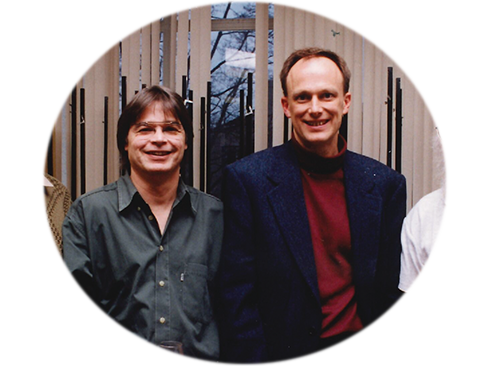
2002
Dr. Wilfred Jefferies discovers iron transport as a potential readout for Alzheimer’s detection
Dr. Wilfred Jefferies and collaborators discovered that the iron transport protein, P97, acts as a molecular marker for Alzheimer's disease (AD). Previous research by Dr. Jefferies showed that iron levels were elevated in the brains of AD patients. Furthering this research, Dr. Jefferies and his collaboratories found that P97 was increased in the serum but not in various control groups, making it a potentially powerful biomarker for AD. This potential biomarker would allow for non-invasive medical testing for AD. This research was published in Frontiers in Bioscience.
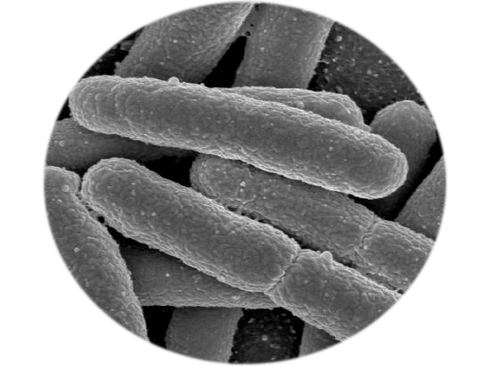
Spin-out founded based on research about innate defence regulator (IDR) peptides
A spin-out from the labs of Drs. Brett Finlay and Robert Hancock, called Inimex Pharmaceuticals, focused on fighting superbugs with Innate Defense Regulators (IDRs). IDRs are drugs that selectively modulate the body's innate defenses without causing inflammation. Inimex Pharmaceuticals raised more than $28 million.

2003
Drs Brett Finlay and Marco Marra sequence the novel SARS virus in record time
As an emerging pandemic began sweeping the globe, Drs Brett Finlay, Marco Marra and their research teams worked around the clock to sequence the novel Severe Acute Respiratory Syndrome (SARS) virus in just six days. This impressive milestone paved the way for another enormous accomplishment – the development of three possible vaccines for SARS in under a year in collaboration with many other scientists as part of the SARS Accelerated Vaccine Initiative (SAVI) program. The innovative scientific approaches used to solve the SARS crisis would go on to inform the processes of combatting future pandemics like COVID-19 in 2020.
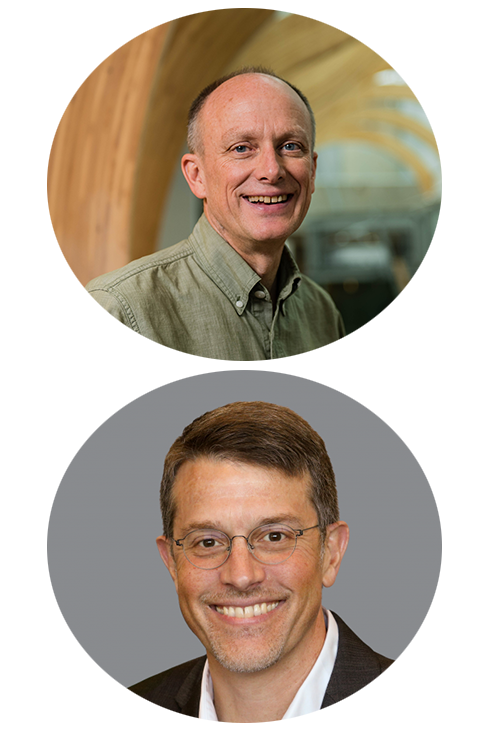
2004
Dr. Brian Ellis joins the Michael Smith Laboratories
Dr. Brian Ellis joins the Michael Smith Laboratories as a Professor while remaining jointly appointed in the Faculty of Agricultural Sciences (now the Faculty of Land and Food Systems). Dr. Ellis is a plant science researcher, who’s earlier work investigated metabolic pathways and enzymes in plants, with a focus on signal transduction. His work evolved to focus on mitogen-activated protein kinase (MAPK/Ks) signalling pathways, using Arabidopsis as a model organism, to understand the role they could play in the response and survival of plants in their environment. From 2009-2015, Dr. Ellis also ran a project called Working on Walls (WoW) to closely study plant cell wall biogenesis.
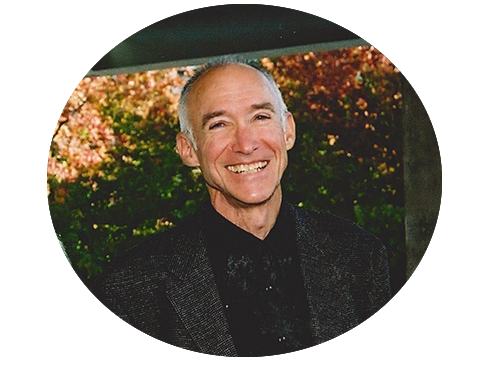
The Michael Smith Laboratories building opens!
In 2004, the Biotechnology Laboratory was renamed the Michael Smith Laboratories in honour of the founding Director, Dr. Michael Smith, and the new building was officially open. Equipped with state-of-the-art research facilities, the Michael Smith Laboratories is now home to a team of researchers from a number of faculties including Science, Medicine, Applied Science, Forestry, and Land and Food Systems.
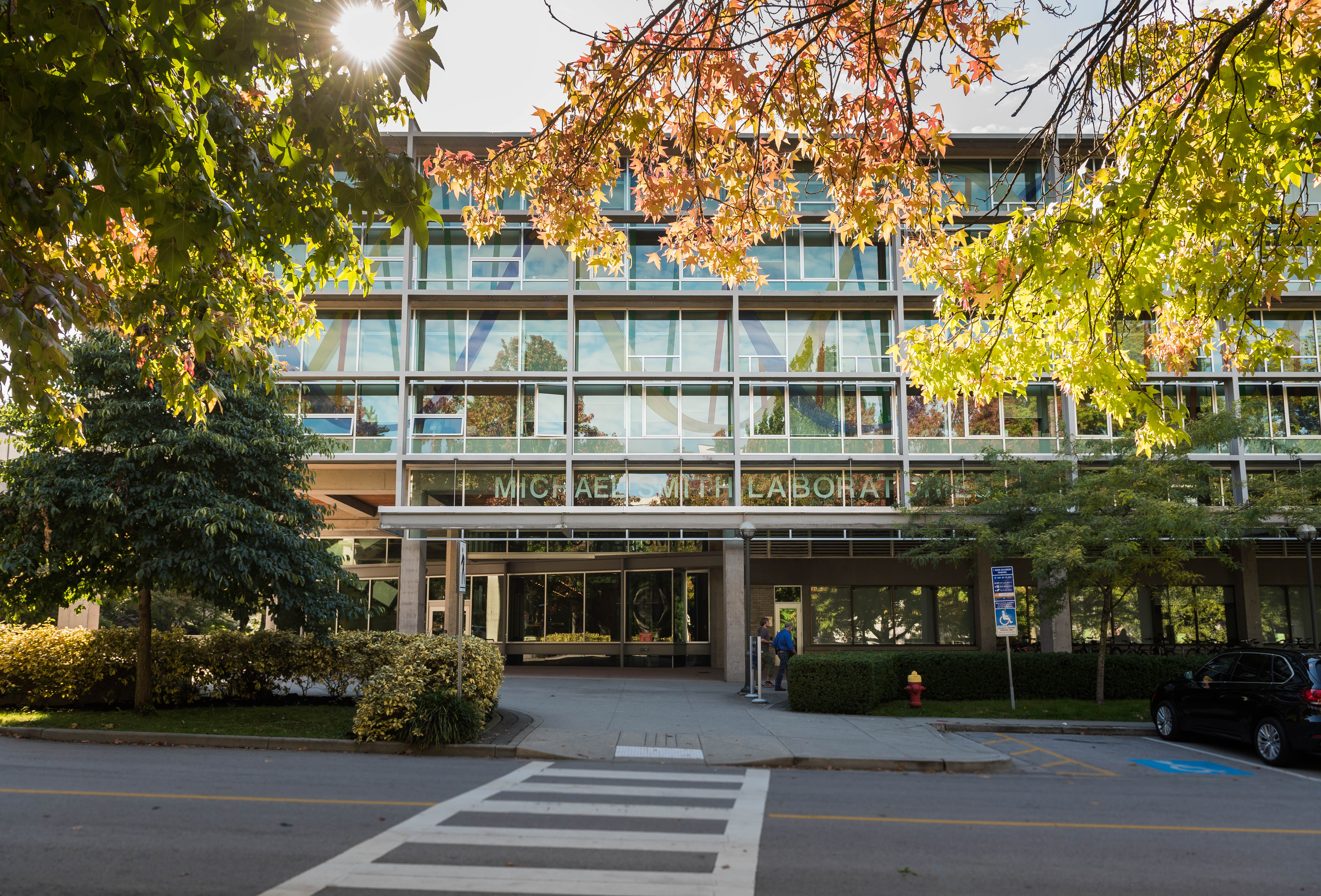
2005
Dr. Terry Snutch announced as a Tier 1 Canadian Research Chair
In 2005, it was announced that Dr. Terry Snutch was awarded the CIHR Tier 1, Canada Research Chair in Biotechnology and Genomics - Neurobiology. Dr. Snutch's research demonstrates how various types of calcium channels are regulated by enzymes and by intracellular molecules called G-proteins. His studies hope to show how painkiller molecules (both natural opioids and synthetic painkillers such as morphine) work. Ultimately, his research will provide invaluable information to help other scientists design new calcium channel therapies for conditions including stroke, migraine, and epilepsy.
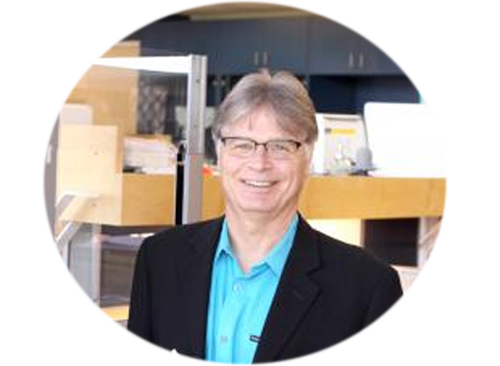
Microbiologist inducted into the Canadian Academy of Health Sciences
In April 2005, Dr. Brett Finlay was elected as a Fellow of the Canadian Academy of Health Sciences (CAHS), a national scientific organization founded by the Canadian Academy of Engineering, the Canadian Institute of Academic Medicine, and the Royal Society of Canada. The mission of CAHS is to provide a source of credible independent expert assessments on the sciences underlying pressing issues and matters of public interest and to provide a national and international scientific voice for Canada. Dr. Finlay was officially inducted in September 2005.

2006
The Terry Project is born
 The brainchild of Dr. Dave Ng, the Terry Project is a cross-faculty program designed to educate undergraduate students on pressing global issues like climate change, poverty, conflict, and disease. Recognizing that these problems demand a rich multi-dimensional understanding, the Terry Project's chief aim is to create forums that promote interdisciplinary dialogue between students of the humanities and students of the life sciences. By hosting a prominent speakers series, organizing a TEDx student conference, offering an interdisciplinary academic course, and fostering a vibrant online community, the Terry Project looks to inspire students across disciplines to come together to discuss issues of global import.
The brainchild of Dr. Dave Ng, the Terry Project is a cross-faculty program designed to educate undergraduate students on pressing global issues like climate change, poverty, conflict, and disease. Recognizing that these problems demand a rich multi-dimensional understanding, the Terry Project's chief aim is to create forums that promote interdisciplinary dialogue between students of the humanities and students of the life sciences. By hosting a prominent speakers series, organizing a TEDx student conference, offering an interdisciplinary academic course, and fostering a vibrant online community, the Terry Project looks to inspire students across disciplines to come together to discuss issues of global import.
Bioinformatics program established
The Bioinformatics Graduate Program was established in 2006, offering M.Sc. and Ph.D. degrees to students doing research in the field of bioinformatics. This interdisciplinary graduate program, administered by the Faculty of Science at the University of British Columbia and Simon Fraser University, combines training in both biological and computational methodologies. The program integrates academic centres in computer science, statistics, molecular biology, and biotechnology, with translational research groups at hospitals and at the clinical interface. Members of the Genome Science & Technology Graduate program (GSAT), the Department of Statistics, the Bioinformatics, Empirical & Theoretical Algorithms Laboratory in Computer Science, the Genome Sciences Centre at the BC Cancer Agency (GSC), and the Michael Smith Laboratories have been instrumental in developing the current program. The program also integrates other departments at UBC in the faculties of Medicine, Science, Forestry, and Land and Food Systems that broadly support bioinformatics research in the life sciences.

Neuromed signs the largest agreement in Canadian biotech history
Neuromed Pharmaceuticals, a spin-out company led by Dr. Terry Snutch, signs the largest agreement in Canadian biotech history (potentially worth $500 million) with Merck & Co. for painkiller MK-6721. Dr. Snutch was the first scientist in the world to describe the molecular basis for calcium channels in the cardiovascular, endocrine, and nervous systems.

Dr. Brett Finlay appointed as Officer of the Order of Canada
Dr. Brett Finlay was appointed Officer of the Order of Canada in 2006. The Order of Canada recognizes “a lifetime of outstanding achievement and merit of a high degree, especially in service to Canada or to humanity at large.” Dr. Finlay is highly respected for his body of work on the E. coli and Salmonella bacteria as well as the SARS virus. He has succeeded in developing practical solutions and productive partnerships to respond to public health threats. His innovative research, paired with his remarkable analytical and communication skills, has played a significant role in shaping Canada's evolving health policy.

First tree genome decoded
Michael Smith Laboratories researchers, Drs. Jörg Bohlmann and Brian Ellis, are involved in decoding the first tree genome of the black cottonwood or Populus trichocarpa tree. The sequencing effort identified more than 45,000 putative protein-coding genes in the Populus genome. This groundwork may lead to the development of trees as an ideal “feedstock” for a new generation of biofuels such as cellulosic ethanol. The research was published in Science.

2007
Dr. Joanne Fox joins the Michael Smith Laboratories
Dr. Joanne Fox completed her PhD in Genetics from UBC, and was then appointed Head of support and training at the UBC Bioinformatics Centre. She joined the Michael Smith Laboratories in 2007 as an Instructor where she was promoted through the ranks to Professor of Teaching. Dr. Fox is a science educator and outreach academic. She is involved in innovative teaching and learning initiatives and educational leadership activities, with specific areas of expertise in the first year experience, international education, program evaluation, and scientific communication.
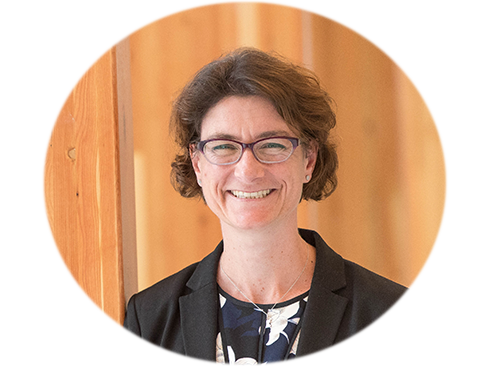
Dr. Brett Finlay awarded Order of British Columbia
Dr. Brett Finlay awarded Order of British Columbia. The Order represents the highest form of recognition the Province can extend to its citizens in recognition of excellence in an endeavour benefiting the people of the Province or elsewhere.
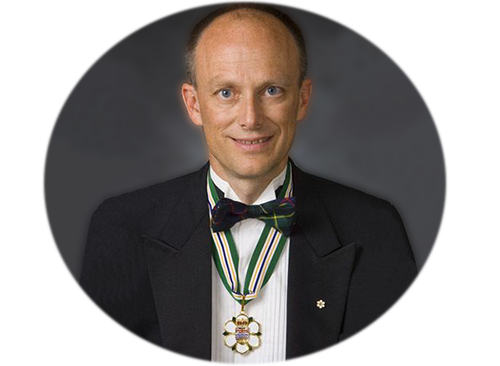
Dr. Charles Haynes elected as a Fellow into the Royal Society of Canada
Dr. Charles Haynes was elected as a Fellow into the Royal Society of Canada in 2007. Dr. Charles Haynes is an internationally recognized authority on downstream processing of biologic therapeutics at manufacturing scales.
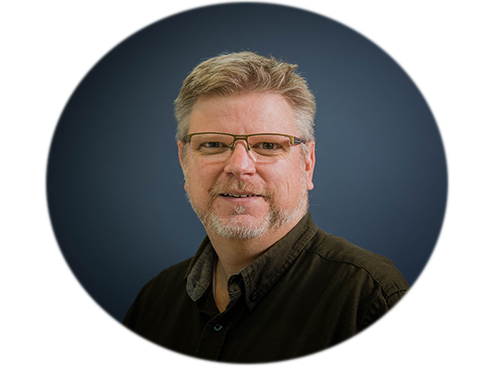
2008
Centre for High-Throughput Biology (CHiBi) founded
A merger between the bioinformatics cluster and the proteomics cluster at UBC, created the Centre for High-Throughput Biology (CHiBi). This project was worked on for over five years by Phil Hieter, Brian Ellis, George Mackie, and Stephen Withers. CHiBi was an autonomous interdisciplinary research and graduate teaching unit with a focus on the application and development of high-throughput methods for the analysis of biological systems. In 2008, Dr. Stephen Withers was appointed as the Director of CHiBi. Later in 2015, CHiBi merged with the Michael Smith Laboratories (formerly known as the Biotechnology Laboratory).
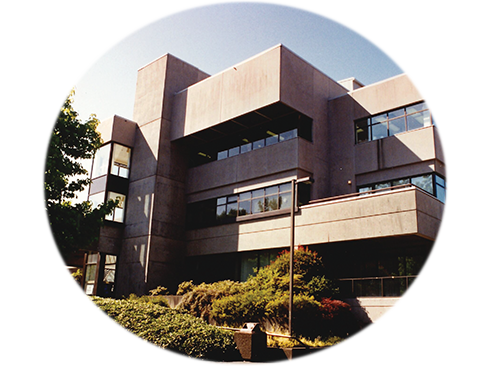
Dr. James Kronstad appointed Director of the Michael Smith Laboratories
In 2008, Dr. James Kronstad was appointed to Director of the Michael Smith Laboratories. Dr. Kronstad helped double the size of the faculty by facilitating the merger of the Centre for High-throughput Biology (CHiBi) with the Michael Smith Laboratories. He also played a key role in recruiting high-profile researchers to the Michael Smith Laboratories.
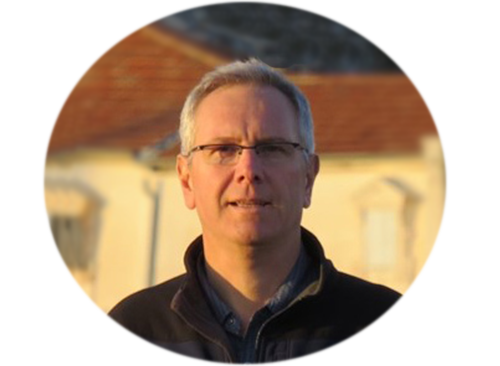
First E. coli vaccine for cattle developed
Research by Dr. Brett Finlay has helped develop Econiche - the world’s first vaccine designed to reduce cattle shedding of a particularly dangerous strain of E. coli. Econiche was developed by the Canadian biopharmaceutical company Bioniche in partnership with UBC, the Alberta Research Council (ARC), and the University of Saskatchewan. Most strains of E. coli are harmless, but some can cause severe illness and even be fatal when ingested by humans from contaminated meat, vegetables or water. The vaccination of cattle can help reduce the risk of food and water contamination by a strain that is dangerous to humans: Escherichia coli O157:H7.

2009
Dr. Charles Haynes announced as a Tier 1 Canadian Research Chair
In 2009, Dr. Charles Haynes was announced as a Tier 1 Canadian Research Chair in Interfacial Biotechnology. As the holder of the Canada Research Chair in Interfacial Biotechnology, Dr. Haynes will explore the molecular basis of such interactions. He will then apply this fundamental knowledge to the design of natural or synthetic surfaces that will make it possible to analyze complex biosystems at the molecular level.

2010
Game on! Open-access Phylo trading card game developed
Initiated by Dr. Dave Ng, the Phylo trading card game started as an exercise in crowdsourcing, open access, and open game development to create a trading card game. This project has grown to broach elements of game-based science education, ecological literacy, and hackathon mechanics within the teaching community. Given its flexible and open workflow, Phylo has benefited from the input of many communities of expertise, and many collaborations (both formal and spontaneous) leading to a continually expanding resource that is under constant reiteration.

Genomics research advances with funding for graduate program, GSAT
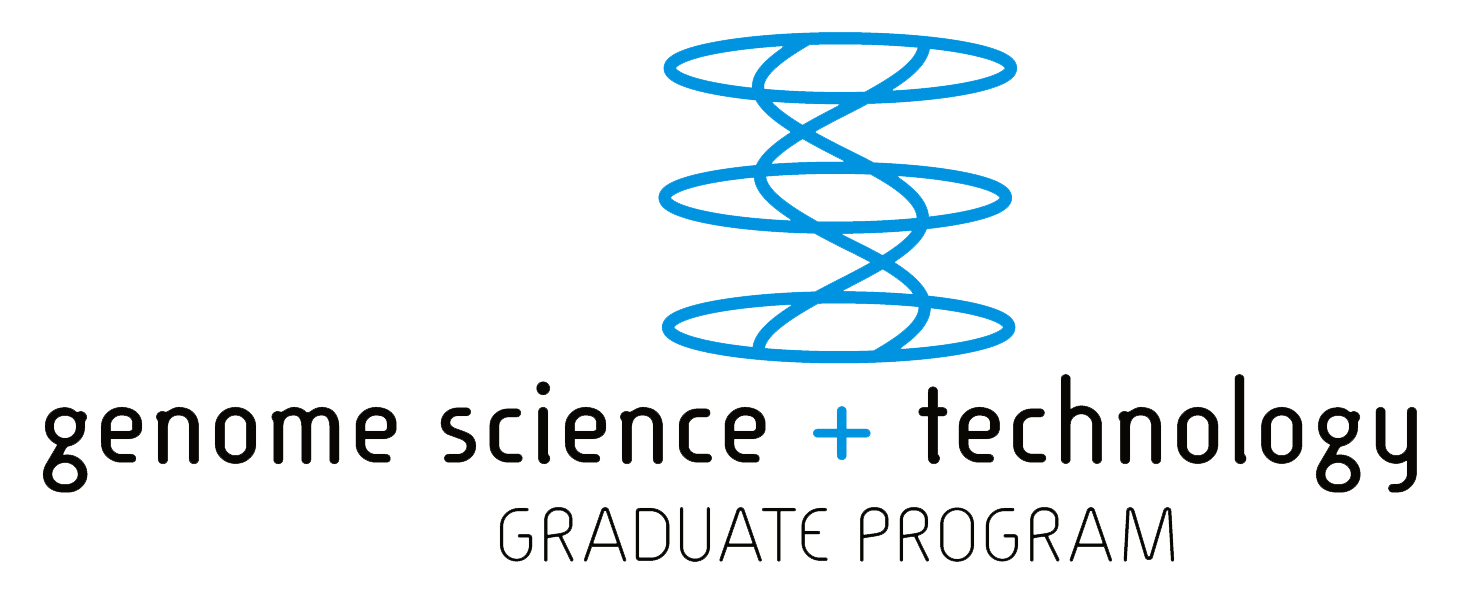 On July 30, 2010, the BC Ministry of Advanced Education granted approval to the new Genome Science + Technology graduate program at UBC. This unique multidisciplinary program, offered through the College for Interdisciplinary Studies, allows graduate students to receive a more focused M.Sc. or Ph.D. in the fields of genomics, proteomics and technology development. The design of the program is student-centered, with a focus on structured courses and research rotations in the first year.
On July 30, 2010, the BC Ministry of Advanced Education granted approval to the new Genome Science + Technology graduate program at UBC. This unique multidisciplinary program, offered through the College for Interdisciplinary Studies, allows graduate students to receive a more focused M.Sc. or Ph.D. in the fields of genomics, proteomics and technology development. The design of the program is student-centered, with a focus on structured courses and research rotations in the first year.
2011
Dr. Thibault Mayor wins CIHR New Investigator Award
Dr. Thibault Mayor wins a Canadian Institutes of Health Research (CIHR) New Investigator Award. This award is considered to be one of the most prestigious awards in Canada. It supports researchers in the early stages of their career who have shown promise as independent investigators by providing assistance for them in establishing their program of research. Dr. Mayor's research aims to better understand how unwanted and aberrant proteins are eliminated from the cell.
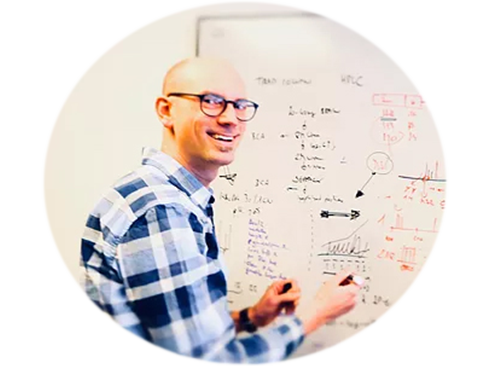
The Michael Smith Laboratories gain three new researchers
In 2011, the Michael Smith Laboratories welcomed Drs. Harry Brumer, Christian Kastrup, and Nobuhiko Tokuriki to the team.
The focus of Dr. Brumer's research is to understand the way in which particular enzymes act to alter the structure of polysaccharides found in biomass (especially plant cell walls and wood fibers) and to harness these enzymes for application.
Dr. Kastrup brings outstanding expertise in the analysis of the blood clotting network and chemical engineering techniques for the exploitation of clotting for biomaterials production. His recent work focuses on the development of vascular paints for repairing weakened or damaged blood vessels.
Dr. Tokuriki’s research expertise lies in the targeted evolution of enzymes and how they engineer new functions. Dr. Tokuriki’s ability to manipulate protein structure and function is a key aspect for engineering new proteins, metabolic pathways, and organisms.
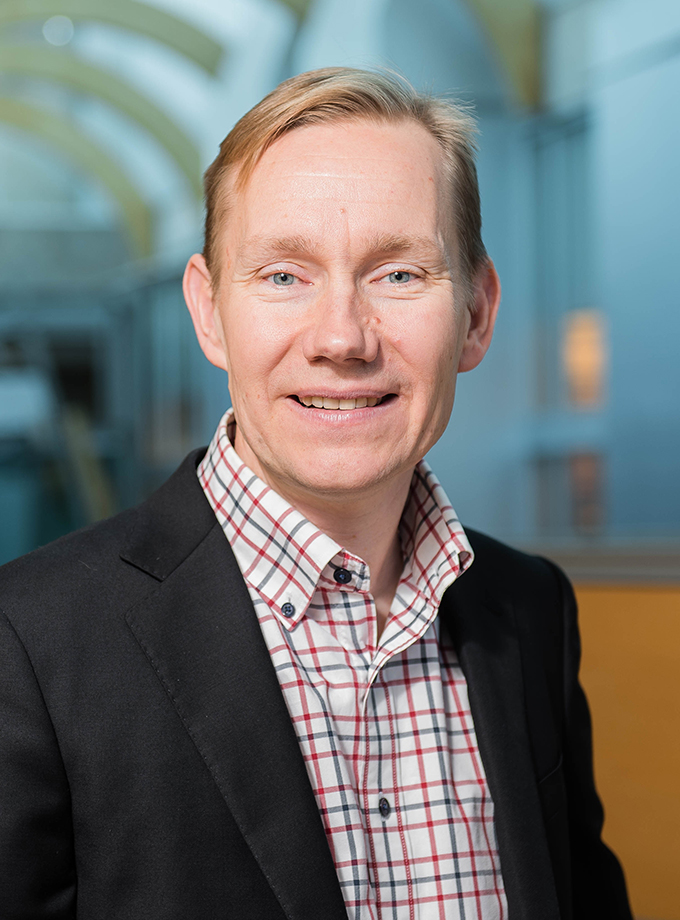
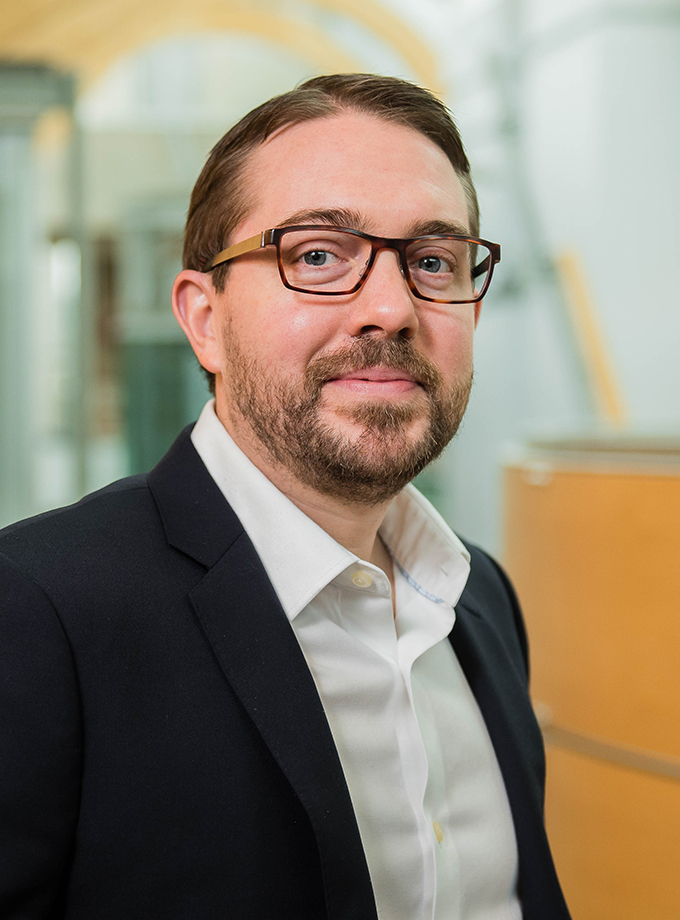
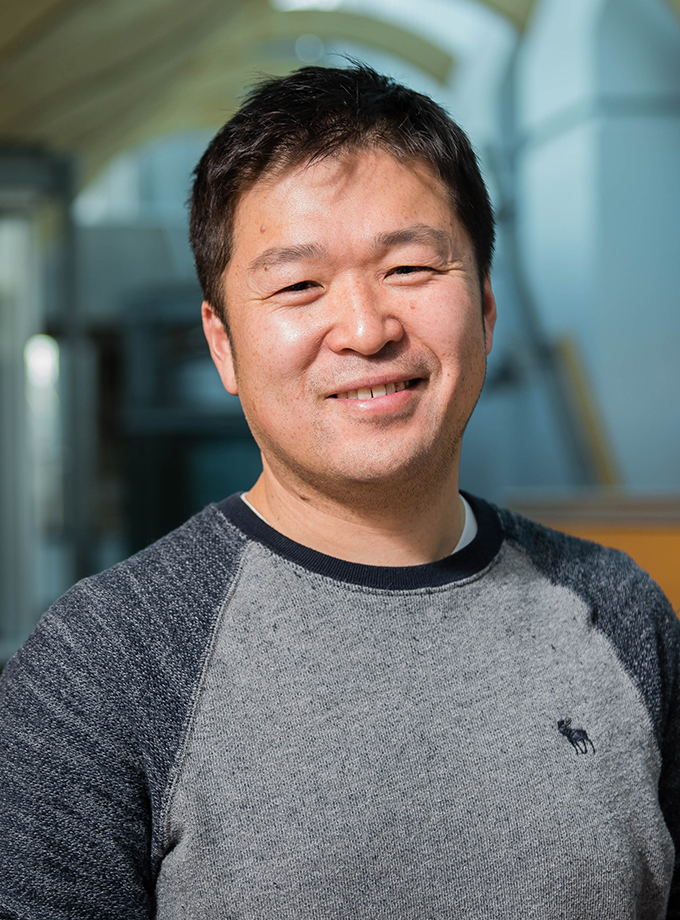
Pictured (L-R): Harry Brumer, Christian Kastrup, and Nobuhiko Tokuriki.
2012
Dr. Thibault Mayor wins MSFHR Career Investigator Award
In 2012, Dr. Thibault Mayor was awarded a Michael Smith Foundation for Health Research (MSFHR) Career Investigator Award for his research on the characterization of the formation of protein aggregates induced by the inhibition of the ubiquitin proteasome system. Dr. Mayor’s research aims to lead to a better understanding of the aggregation mechanism and identify novel targetable pathways to prevent formation or favor clearance of protein aggregates.
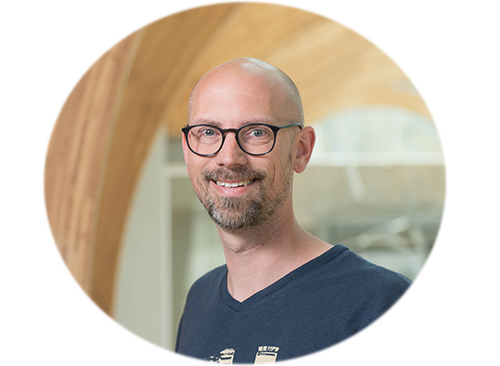
AbCellera Biologics, a spin out from technology developed at the Michael Smith Laboratories, created
AbCellera Biologics Inc., a spin-out company from the Michael Smith Laboratories, is leading the industry in next-generation antibody therapies using new and innovative technology developed at UBC. Led by Dr. Carl Hansen, AbCellera is becoming one of the fastest-growing biotech companies in BC.

2013
Mountain pine beetle genome decoded
The genome of the mountain pine beetle – the insect that has devastated B.C.’s lodgepole pine forests – has been decoded by researchers from Dr. Jörg Bohlmann's lab and Canada’s Michael Smith Genome Sciences Centre. This is a first for the mountain pine beetle and only the second beetle genome ever sequenced. This research was published in Genome Biology.
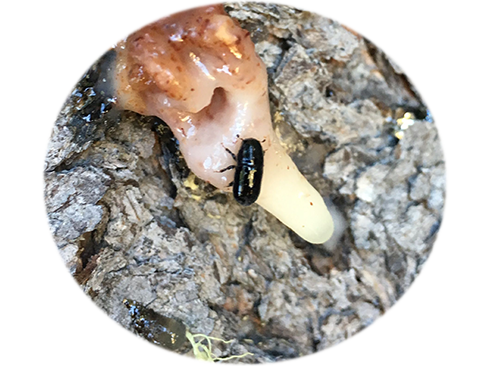
The genome of Canada’s most important forest tree – the Spruce tree – decoded
Canadian and Swedish scientists today released genome sequences of two of the most economically important forest trees in the world. Dr. Jörg Bohlmann collaborated on this project to decode the spruce genome, Canada's most important forest tree. This research was published in Nature.
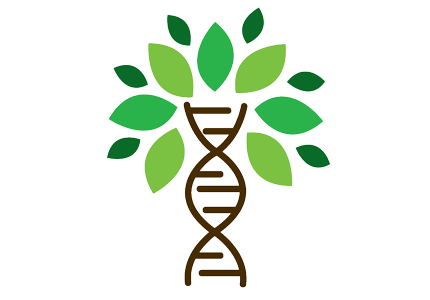
Darlene Crowe retires after 21 years of service
Darlene Crowe, first staff member hired by Michael Smith, retires. With the MSL since its inception (then called UBC’s Biotechnology Laboratory), Darlene played an essential role in the growth and success of the organization. Serving as lead administrator for four consecutive MSL Directors Drs. Michael Smith, Doug Kilburn, Phil Hieter and Jim Kronstad, Darlene’s contributions to the MSL were significant. Her impact on the laboratories is lasting and treasured.

2014
Four microbial species identified as inhibitors for asthma
New research by Dr. Brett Finlay and collaborators find that infants can be protected from getting asthma if they acquire four types of gut bacteria by three months of age. More than 300 families from across Canada participated in this research through the Canadian Healthy Infant Longitudinal Development (CHILD) Study. The discovery of the four microbial species that inhibits asthma opens the door to developing probiotic treatments for infants that can prevent asthma. The study was published in Science Translational Medicine.
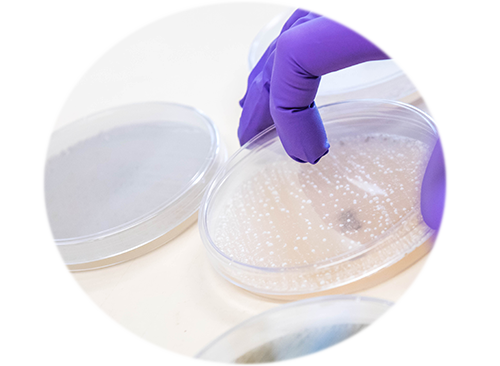
2015
Process Analytical Technologies (PATs) for therapeutic cell manufacturing based on Raman spectroscopy developed
Dr. Robin Turner and collaborators developed Process Analytical Technologies (PAT) based on Raman spectroscopy. Raman spectroscopy has many practical attributes that make it a promising PAT, such as its ability to be used nondestructively on live cells and is receptive to automated operation.
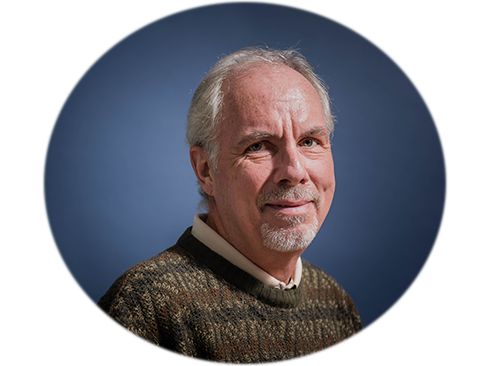
Microbiome Insights, a UBC spin-out co-founded by Dr. Brett Finlay
Co-founded by Drs. Brett Finlay and Bill Mohn, Microbiome Insights was a company created from an influx of demands for microbiome research. While working on their own research at UBC, Drs. Finlay and Mohn were inundated with so many testing requests that they barely had time to complete their own projects. They contacted Malcolm Kendal, with whom they had worked previously, and created Microbiome Insights shortly after.
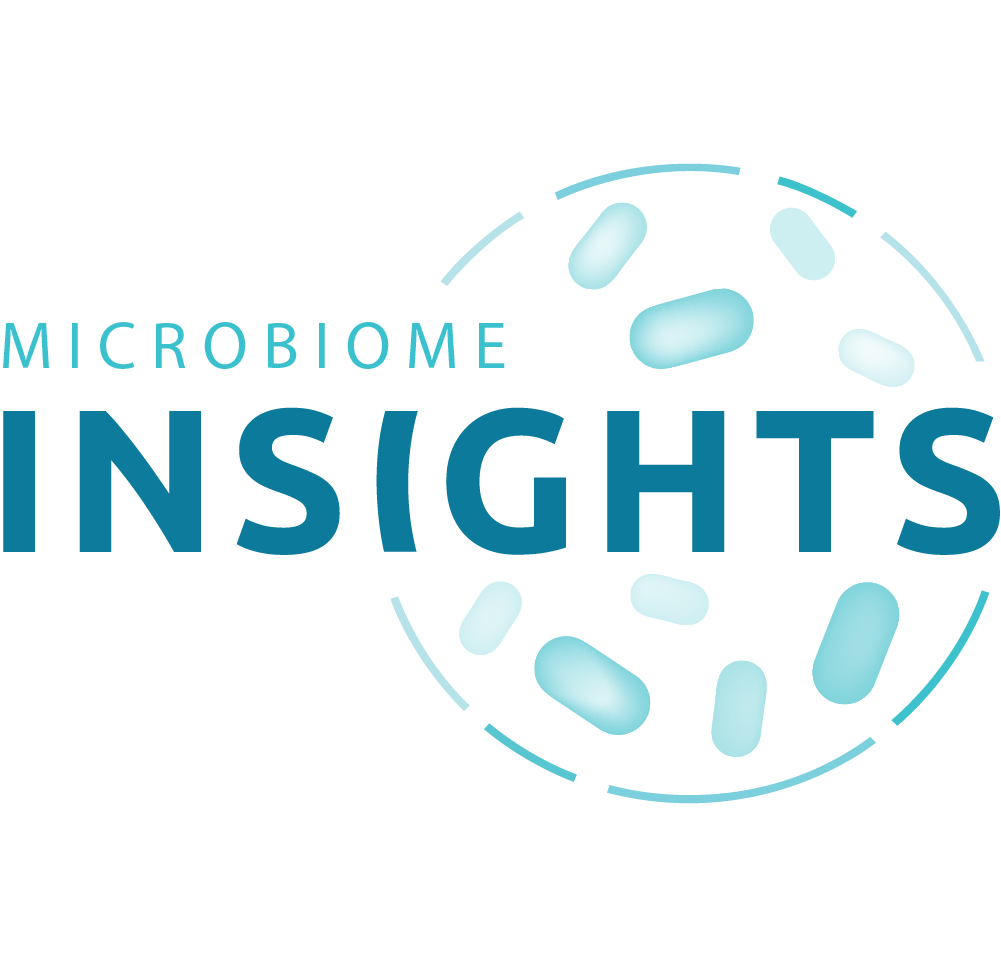
The first animal model for childhood malnutrition developed
Dr. Brett Finlay and collaborators have developed the first animal model for childhood malnutrition. This model replicates the imbalance of gut bacteria associated with the difficult-to-treat disease since malnutrition includes a variety of environmental factors. Their findings were published in Nature Communications.
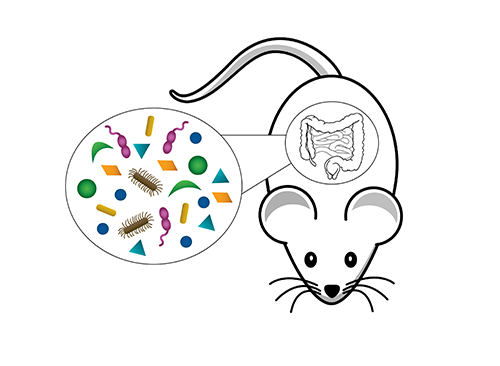
MSL hosts HUPO workshop during the 14th Human Proteome Organization World Congress
The 14th Human Proteome Organization World Congress was held in Vancouver, British Columbia from September 27th – 30th, 2015. Building on the success of the preceding Congresses in Sydney, Boston, Yokohama and Madrid, the theme of the 2015 meeting “Translating Proteomics and Allied-Omics to the Clinic” underpinned the need for collaboration and cooperation of individuals from a wide range of professional backgrounds. Dr. Thibault Mayor organized and hosted a HUPO workshop on post-translation modifications in the Advanced Molecular Biology Laboratory located in the Michael Smith Laboratories.
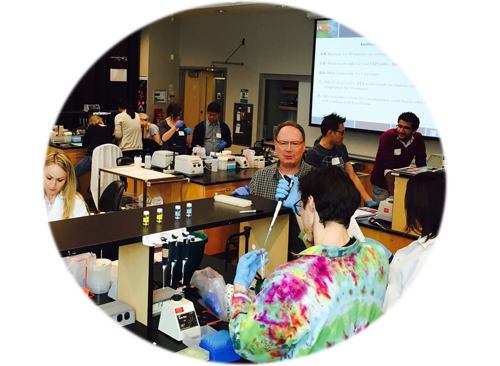
CHiBi merges with the Michael Smith Laboratories
The Centre for High-Throughput Biology (CHiBi) merges with the Michael Smith Laboratories in October 2015. This merge introduced seven researchers to the Michael Smith Laboratories' faculty including Drs. Leonard Foster, Jörg Gsponer, Carl Hansen, Martin Hirst, Thibault Mayor, Paul Pavlidis, and Stephen Withers.
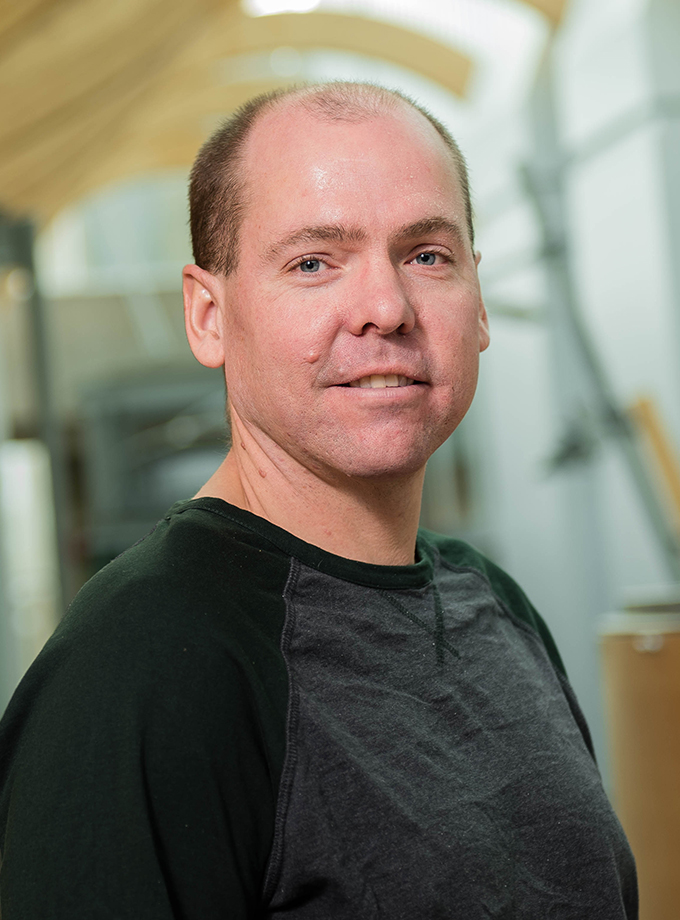
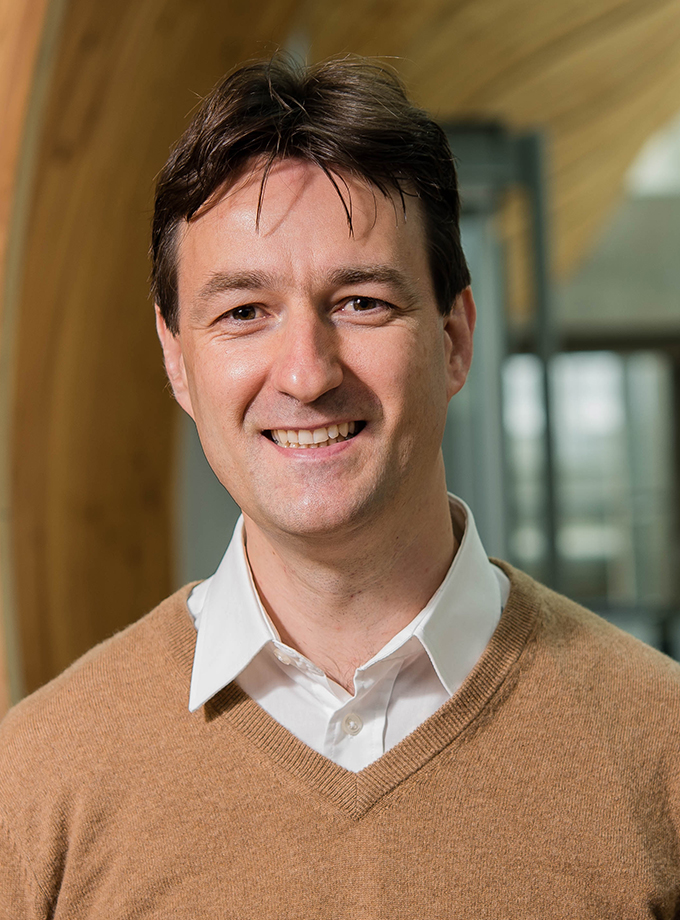
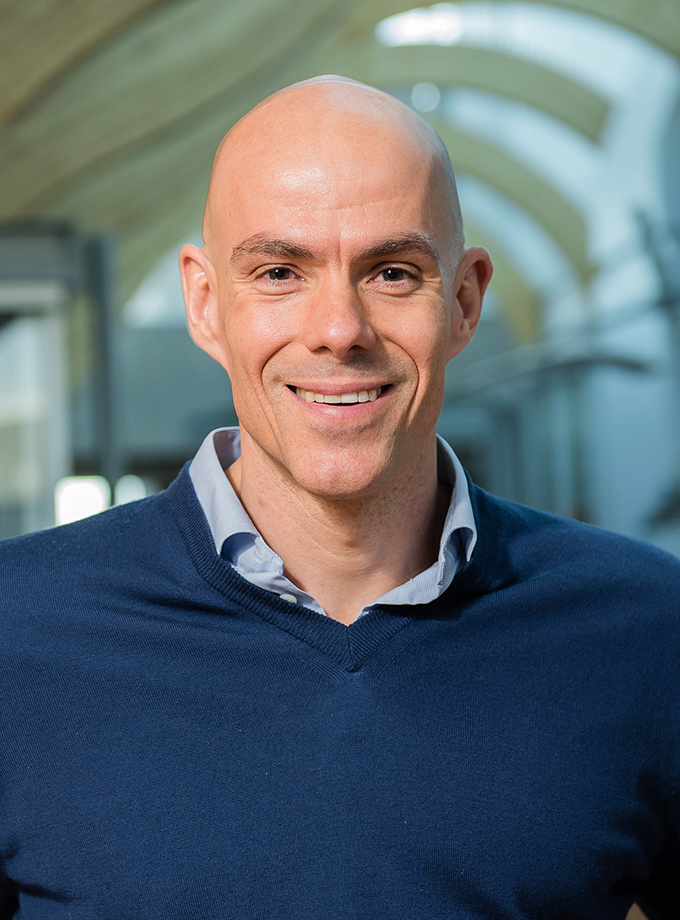
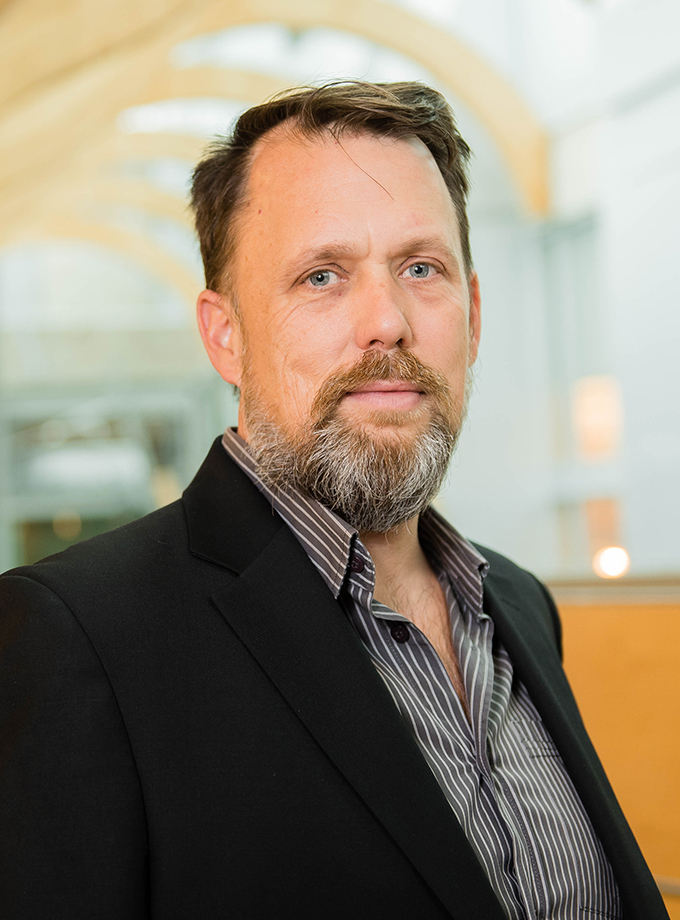
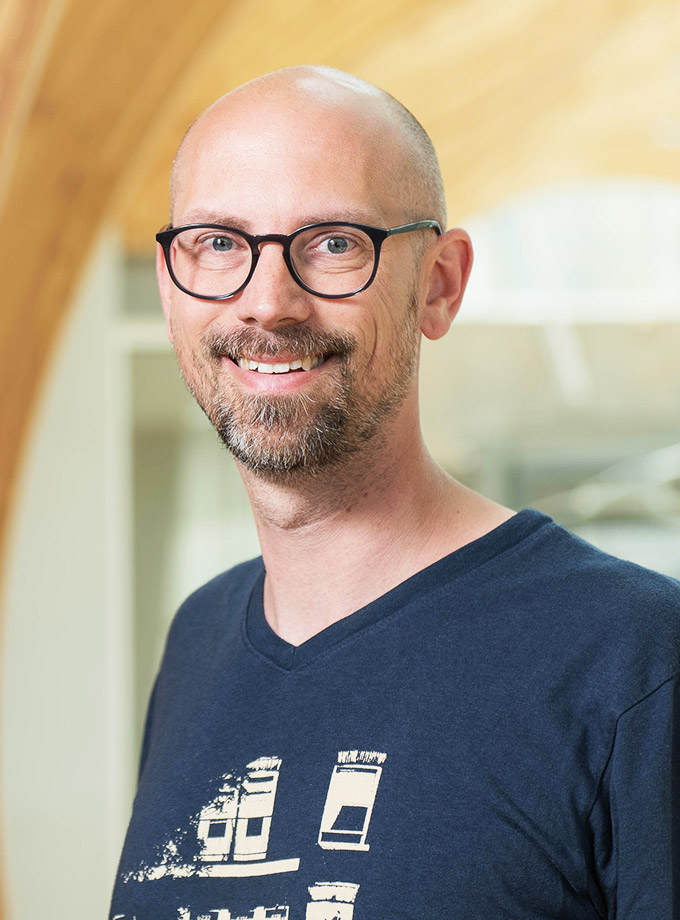
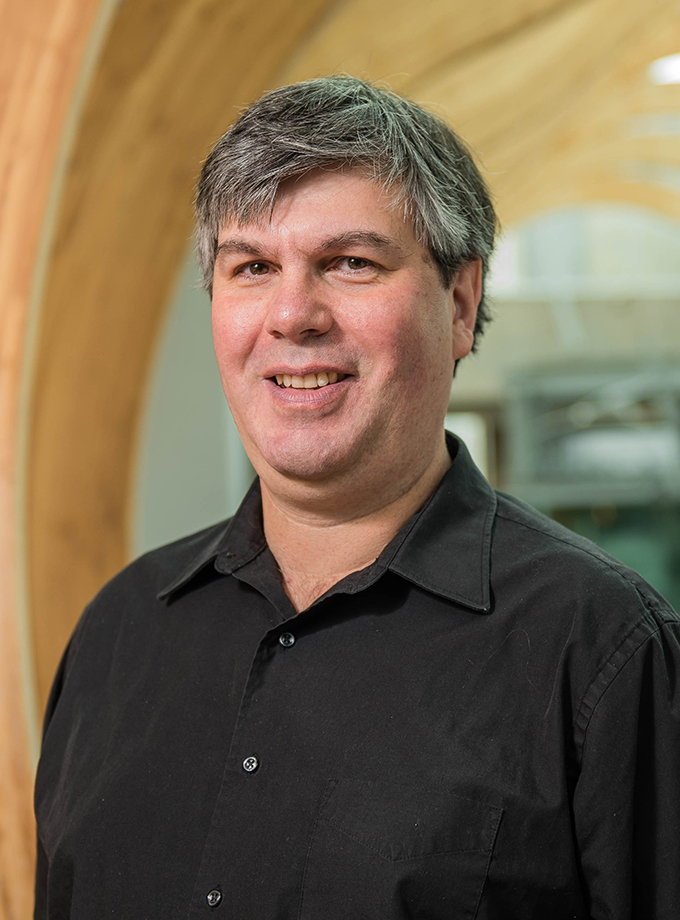
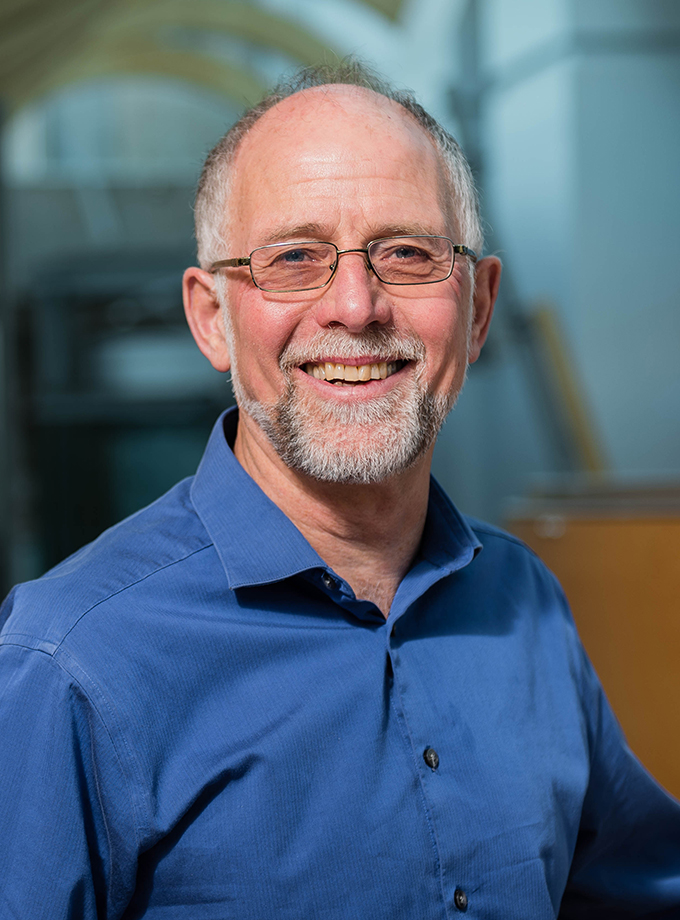
Pictured (L-R): Leonard Foster, Jörg Gsponer, Carl Hansen, Martin Hirst, Thibault Mayor, Paul Pavlidis, and Stephen Withers.
Dr. Christian Kastrup develops platelets with synthetic nuclei (RNA)
Dr. Christian Kastrup and his lab have created a supercharged platelet that might be capable of healing major wounds, busting clots or blocking inflammation. Unlike most cells, platelets lack a nucleus and do not have DNA. The Kastrup lab discovered a method to inject the platelets with DNA and other ingredients needed to make RNA, creating the first platelets ever to have synthetic nuclei (RNA). This research was published in the journal Angewandte Chemie International Edition
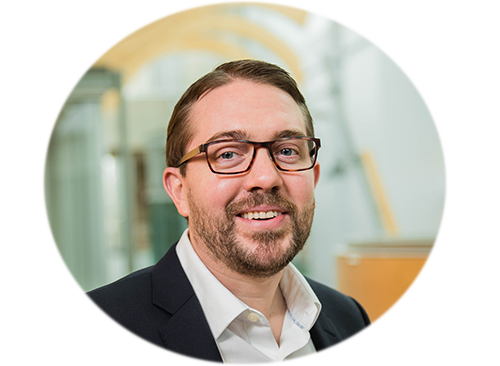
2016
Dr. Cara Haney joins the Michael Smith Laboratories
Dr. Cara Haney joins the Michael Smith Laboratories with an appointment at Microbiology & Immunology and is an Associate Member of the Botany Department. Utilizing the model plant Arabidopsis and its associated bacterial community, her research work is focused on delineating the genetic and environmental factors that shape the plant-microbiome interactions and influence the development and disease susceptibility in plants.
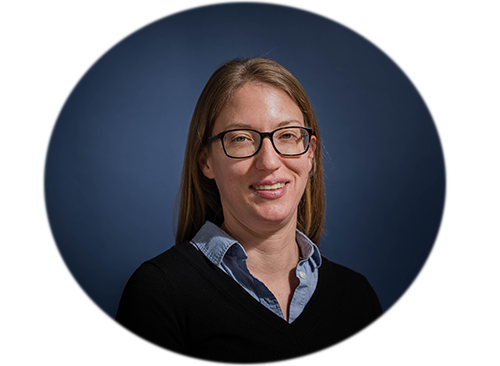
First in situ analysis of red blood cell concentrate to assess fitness for transfusion
The first in situ analysis of red blood cell concentrate was conducted by Dr. Robin Turner, in collaboration with Dr. Michael Blades and Dr. Dana Devine. They used Raman spectroscopy to assess fitness of the blood cells for transfusion. This non-invasive method was outlined in a paper published in Analyst.

“Let Them Eat Dirt”, a best-selling public book dedicated to educating parents about the importance of early life microbes
Dr. Brett Finlay co-authors, Let Them Eat Dirt, a book describing why dirt can be a child’s best friend. Dr. Finlay uses the latest research to highlight the critical role bacteria play in growing bodies. The book offers tips on how parents can ensure their kids get exposed to plenty of healthy bugs.
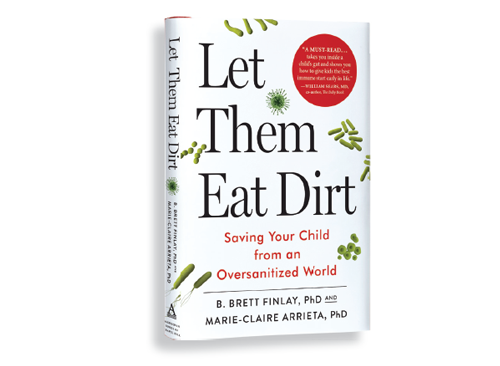
2017
Microbes involved in asthma are different depending on the environment
Dr. Brett Finlay and his collaborators showed that early life microbes related to asthma in Ecuadorian children are different than those found in Canadian children. Finlay and his colleagues found that while four gut bacteria play a role in preventing asthma in Canadian children, it was the presence of a microscopic yeast known as Pichia that was more strongly linked to asthma in Ecuadorian children. This research was presented at the 2017 annual meeting for Association for the Advancement of Science.
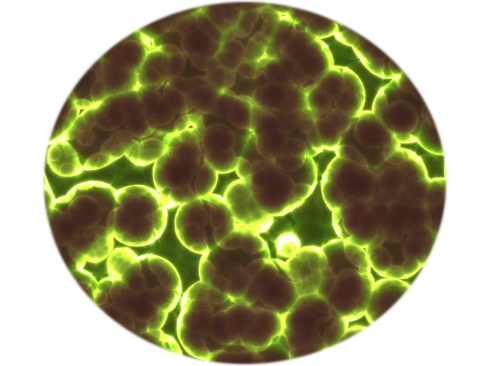
Dr. Terry Snutch inducted into the National Academy of Inventors
Dr. Terry Snutch was inducted into the National Academy of Inventors at a ceremony at the John F. Kennedy Presidential Library and Museum on April 6, 2017. A rare honour, he is one of only three researchers in Canada inducted into the most recent cohort of Fellows. Dr. Snutch’s statement of induction notes the accolade is “in recognition of exceptional accomplishments in innovation and invention to the benefit of society.”
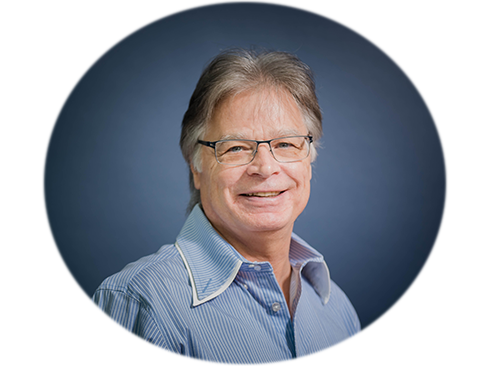
Dr. Peter Zandstra appointed as Director of the Michael Smith Laboratories
In June 2017, Dr. Peter Zandstra was appointed as the Director of the Michael Smith Laboratories. A pioneer in the field of stem cell bioengineering, Dr. Zandstra is known for applying engineering principles to stem cell biology. His research group aims to understand the complex communication networks between stem cells which has led to direct application to the fields of tissue and cellular engineering, gene therapy, and organ transplantation. Dr. Zandstra was later jointly appointed as a Professor to the Michael Smith Laboratories.
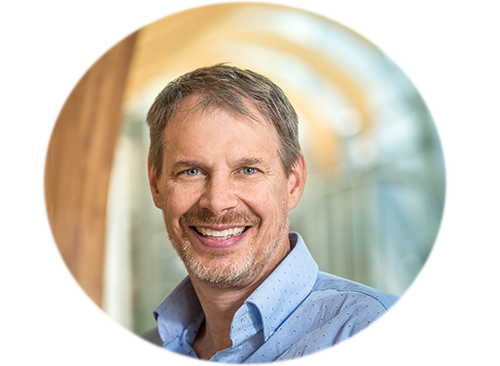
CoMotion Drug Delivery Systems formed
Bleeding is a major cause of preventable death in surgery and on the battlefield. CoMotion Drug Delivery Systems, a spin-off from Dr. Christian Kastrup's lab, was created to help manage this bleeding and prevent future deaths. The company is making great strides and has already licensed the patent application for their research. In addition, CoMotion Drug Delivery Systems is performing collaborative research with major players in trauma care.
2018
Genetics Society of America honours Dr. Philip Hieter with 2018 George W. Beadle Award
In 2018, the Genetics Society of America announced that Dr. Philip Hieter was the recipient of the 2018 George W. Beadle Award. Geneticists across the model organism and human genetics communities recognize Hieter for his dedication to uniting human biologists with those who work on model organisms. His lab's contributions to the yeast community include physical mapping methods, synthetic lethality screen approaches for identifying cross-species candidate genes as potential cancer drug targets, and a widely used set of vectors and yeast host strains have been instrumental in work that has led to countless discoveries in recent decades.
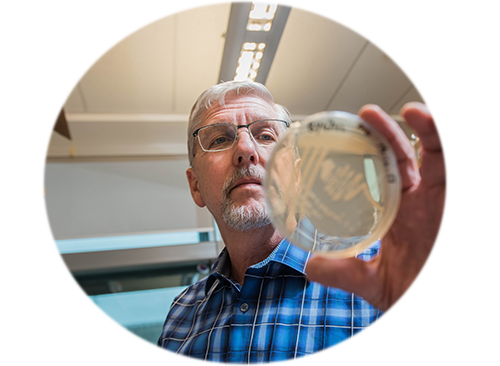
Hemorhage (bleeding) is the leading killer of humans
Blood platelets have one main job: Stop bleeding by forming clots. Sometimes, however, these tiny cell fragments fail when they are needed most – when a person is experiencing massive bleeding, usually due to trauma. Dr. Christian Kastrup developed a potential strategy for endowing platelets with extra powers so they can rise to the occasion and continue coagulation. If it’s proven to work in clinical situations, such “superplatelets” might become a standard part of emergency department supplies, along with bandages, oxygen, and saline. The research was described in the Journal of Thrombosis and Haemostasis.
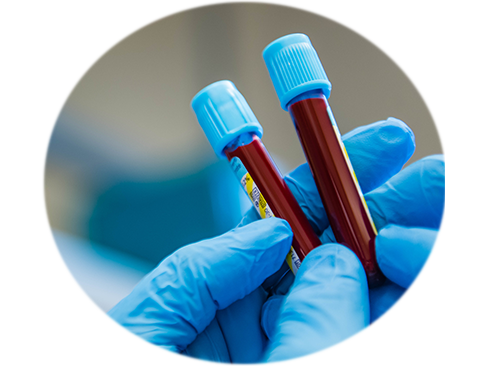
Canadian Medical Hall of Fame inducts UBC Microbiologist
Dr. Brett Finlay, was inducted into the Canadian Medical Hall of Fame in 2018. This prestigious honour is added to the collection of awards that he has received for his contributions to understanding disease and improving people’s health. Dr. Finlay's research on how microbes interact with humans to cause health and disease have led to human and animal vaccines, including a bovine vaccine to E-coli, as well as fundamental changes in our conceptions of health.
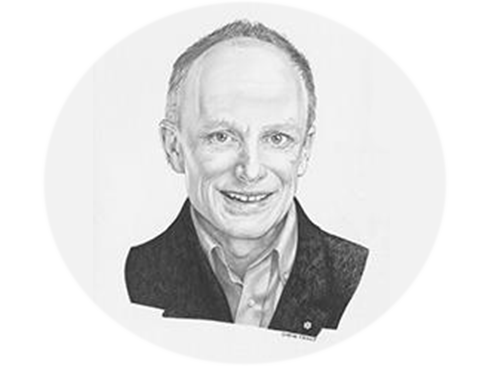
Dr. Charles Haynes named as a Fellow of the Canadian Academy of Engineering
In 2018, Dr. Charles Haynes was elected as a Fellow into the Canadian Academy of Engineering for his distinguished achievements and career-long service to the engineering profession. Election to the CAE is one of the highest professional honours an engineer in Canada can receive.

The Government of Canada announces grant funding to international training program, PRoTECT
Plant Responses To Eliminate Critical Threats (PRoTECT) is a first-rate international training program designed to foster collaborative, multidisciplinary, and interdisciplinary research, and prepare the next generation of scientists for internationally-competitive positions. The program is hosted by UBC in Canada and the Georg-August-University Göttingen in Germany, with the UBC team led by Drs. Xin Li and Jim Kronstad. The program is jointly supported by a $1.65 million award (over six years) from the Natural Sciences and Engineering Research Council of Canada (NSERC) through its Collaborative Research and Training Experience (CREATE) initiative and the Deutsche Forschungsgemeinschaft International Research Training Groups (DFG-IRTG).

Gut enzymes could hold key to producing universal blood
Dr. Stephen Withers and collaborators have identified a new, more powerful group of enzymes that can turn any type of blood into the universally usable type O, expanding the pool of potential blood donors and making blood matching safer and easier. The results of this study were presented at the National Meeting & Exposition of the Americal Chemical Society (ACS) in Boston, MA.
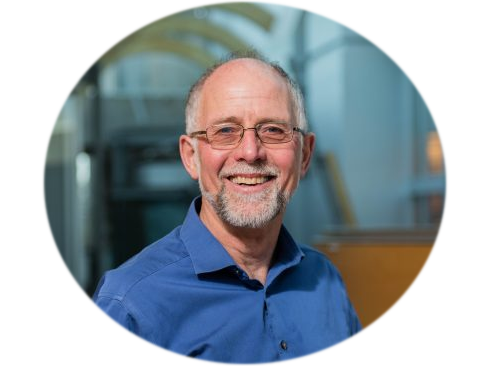
Celebrating Dr. Michael Smith’s 25th anniversary of winning the Nobel Prize in Chemistry
2018 marks the 25th anniversary of the late Dr. Michael Smith winning the Nobel Prize in Chemistry. To honour his legacy, the Michael Smith Laboratories and their partners hosted a two-day celebration consisting of a scientific symposium, a VIP reception, and an outreach day for high-school students.
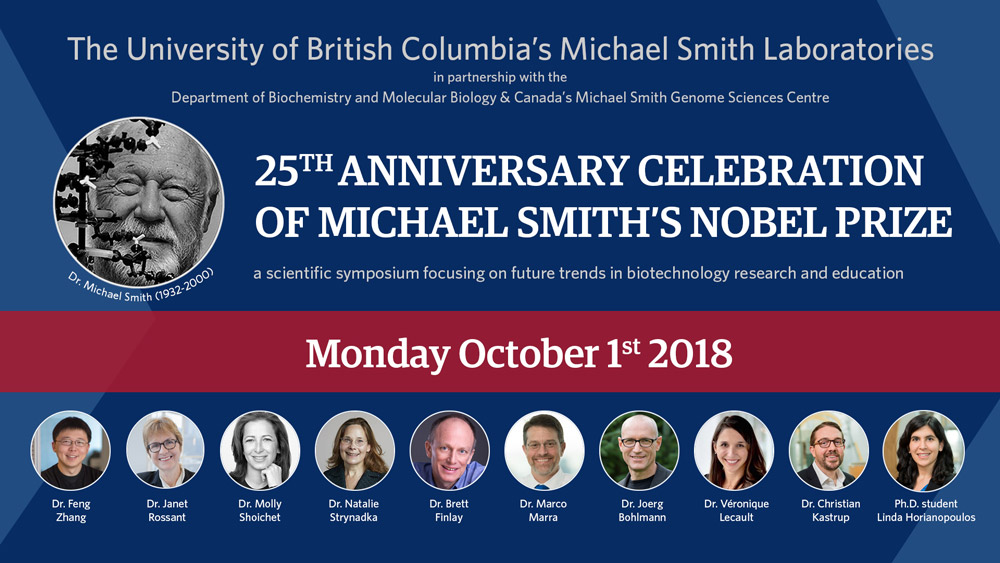
The Government of Canada announced Dr. Peter Zandstra as CIHR Tier 1, Canada Research Chair in Stem Cell Bioengineering
Canada Research Chairs improve our depth of knowledge and quality of life, strengthen Canada's international competitiveness, and help train the next generation of highly-skilled people through student supervision, teaching and the coordination of other researchers' work. On November 13, 2018, it was announced that Dr. Peter Zandstra was awarded the CIHR Tier 1, Canada Research Chair in Stem Cell Bioengineering.

Dr. Peter Zandstra co-founds biotech company Notch Therapeutics
Dr. Peter Zandstra, Director of UBC’s Michael Smith Laboratories and School of Biomedical Engineering , co-founds biotech company Notch Therapeutics with Dr. Juan Carlos Zúñiga-Pflücker, which develops stem-cell derived immunotherapies with a focus on cancer treatment. As Notch’s Chief Scientific Officer, Dr. Zandstra and the Notch team build technology that produces an unlimited supply of custom designed T cells and other cell types for treatment of various diseases. They later went on to secure $85 million in financing.
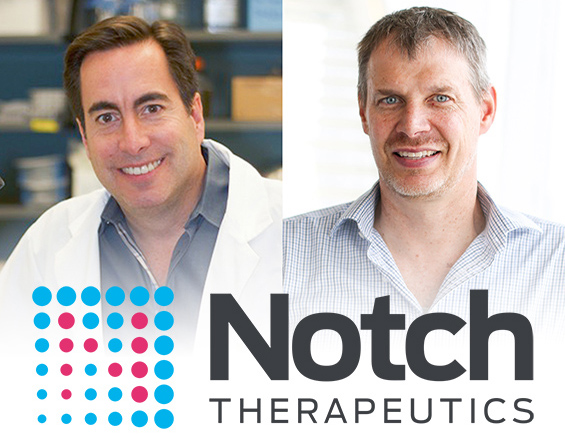
2019
Dr. Brett Finlay co-authors new book on aging, “The Whole-Body Microbiome”
Dr. Brett Finlay teamed up with his daughter, Dr. Jessica Finlay, a recognized environmental gerontologist, to write a book that explores how aging affects the human microbiome. Using scientific fact to highlight the connection between microbes and quality of health, The Whole-Body Microbiome dispels common health myths and emphasizes the beneficial impact of seemingly simple lifestyle choices.
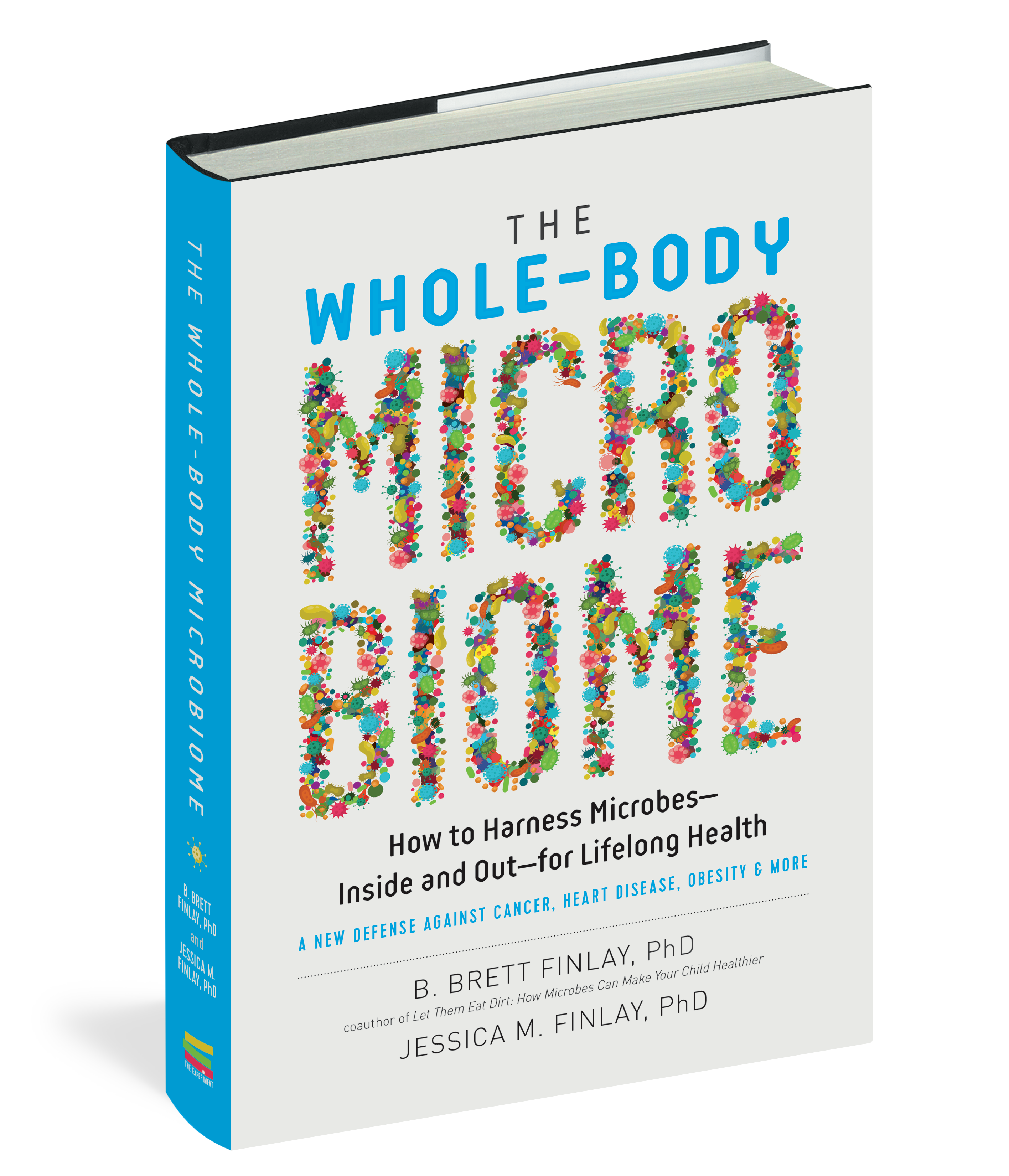
Not all stem cells are created equal
Dr. Peter Zandstra and collaborators have found a population of cells — dubbed to be “elite” — that play a key role in the process of transforming differentiated cells into stem cells. While reprogramming is well understood, less is known about the intricacies of how individual reprogramming cells behave in a population setting. The research was described in Science.
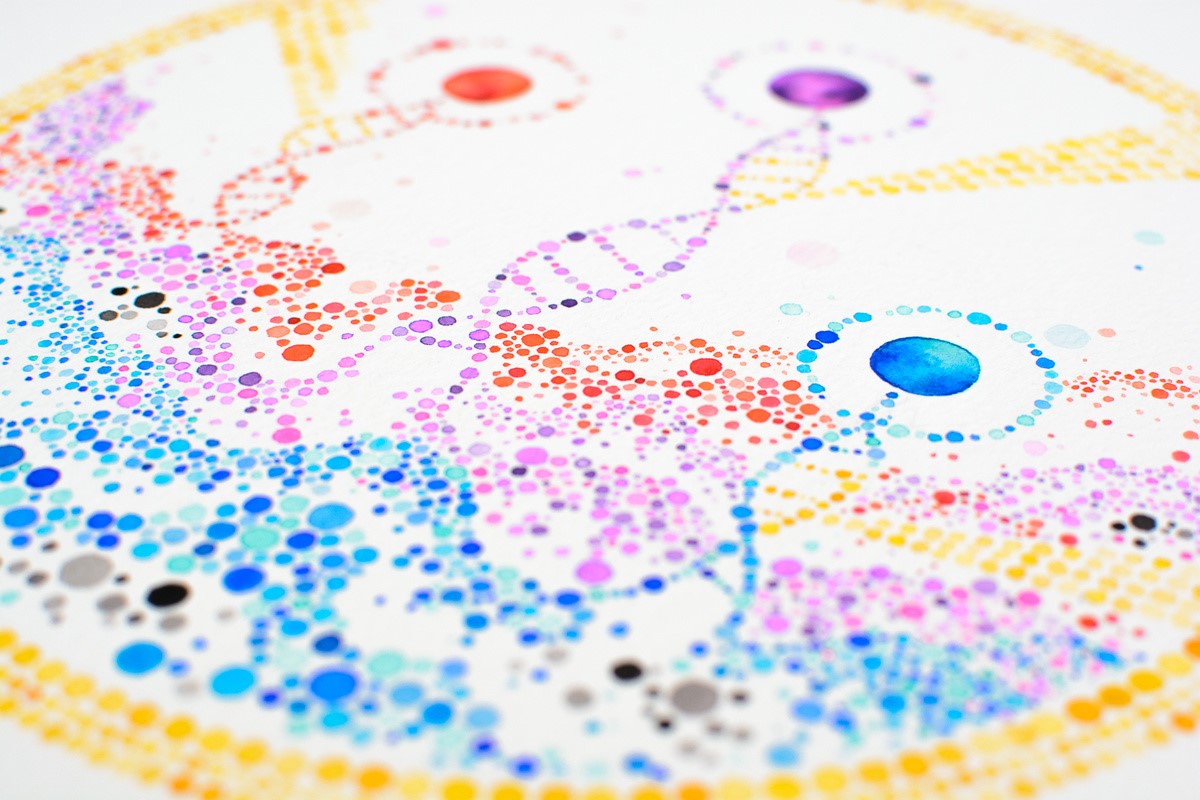
Illustration by Jen Ma depicting competition between a population of cells. Zandstra lab researchers indicate that cells known as “elite” are more competitive than others in the process that transforms them into stem cells. (Image: Jen Ma)
Dr. Leonard Foster wins 2019 Killam Award for Excellence in Mentoring
Dr. Leonard Foster was recognized for his exceptional mentorship efforts at the UBC Fall 2019 Graduation Ceremony where he was presented with a 2019 Killam Award for Excellence in Mentoring. The Killam Awards for Excellence in Mentoring recognize faculty members with outstanding ability to foster the intellectual, professional, and personal development of graduate students. Award winners encourage, inspire, and support students to reach their fullest potential in ways that are tailored to each individual. This award acknowledges Dr. Foster’s co profound impact on innumerable students, postdoctoral fellows, staff, and colleagues.
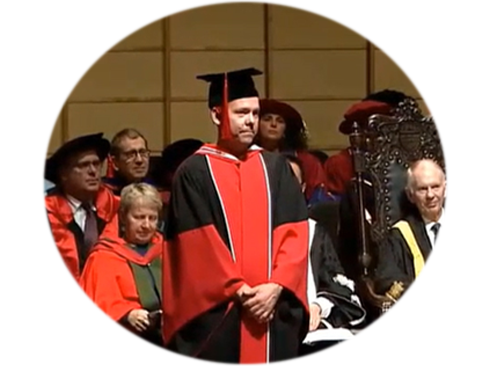
2020
The SARS-CoV-2 pandemic sweeps the globe, MSL researchers respond
Since the emergence of the COVID-19 pandemic, the work of MSL faculty has been instrumental in understanding and combatting the virus. Much of the progress made through variant sequencing, vaccine development and life-saving treatments have roots in research carried out within the within the MSL. Highlights of the significant contributions made to the global effort to curb the pandemic include:
March 2020
AbCellera and Eli Lilly to Co-develop Antibody Therapies for the Treatment of COVID-19
June 2020
Dr. Terry Snutch Leads Canadian Researchers in Sequencing Covid-19 Virus Genome
December 2020
Adjunct Professor Carl Hansesn’s company AbCellera makes waves with successful IPO
Dr. Martin Hirst’s lab pilots new COVID-19 testing and cleaning protocols
April 2021
Dr. Leonard Foster speaks on how cloud computing support accelerates COVID-19 vaccine improvements
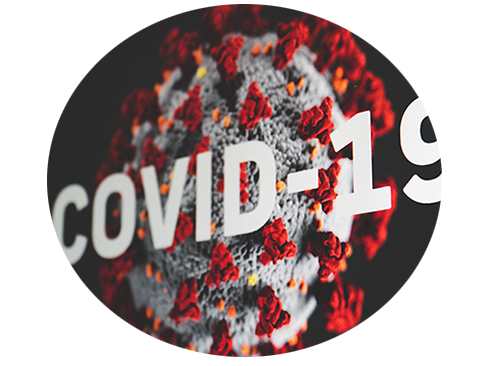
Dr. Wilfred Jefferies inducted as a Fellow of the National Academy of Inventors
Professor Wilfred Jefferies’ innovative strategies and outstanding inventions that enable cancer immunotherapies and vaccines have been recognized with his induction as a Fellow of the National Academy of Inventors (NAI). Election as a Fellow of the NAI is the highest professional distinction accorded solely to eminent academic inventors. Jefferies is the first Canadian immunologist to be inducted into the NAI.
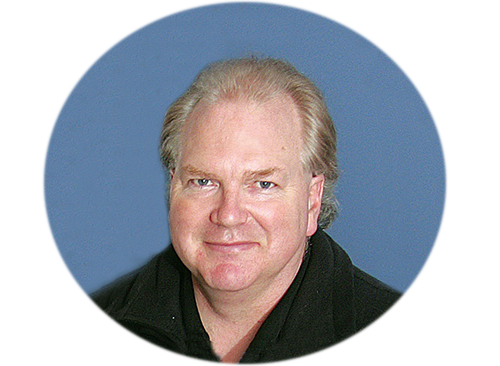
Dr. Peter Zandstra inducted as Fellow of the Canadian Academy of Health Sciences
Internationally recognized as a leader in biomedical engineering and stem cell therapeutics, Dr. Peter Zandstra is inducted as a Fellow of the Canadian Academy of Health Sciences (CAHS). The CAHS Fellowships aim to recognize Canadian scientists who demonstrate “...vision, innovation and sustained excellence in their fields”. Dr. Zandstra’s research on stem cell maturation is at the forefront of the development of innovative stem cell therapeutics for diseases such as leukemia. This induction by the CAHS recognizes his contributions to the growth of biomedical engineering research and education in Canada.
Dr. Freda Miller joins the Michael Smith Laboratories
Dr. Freda Miller is jointly appointed as a Professor with the Michael Smith Laboratories and the Department of Medical Genetics. Dr. Miller is a world-renowned neurobiologist, with her breakthrough’s having led to major clinical advancements. This includes her discovery of stem cells in the second layer of skin, a discovery which has become critical for repairing skin injuries. Dr. Miller’s work has also allowed researchers to better understand neurodegenerative and neurodevelopmental disorders, leading to clinical trials for therapies focused on brain injury repair. At the same time as she joins the MSL, Dr. Miller’s impacts and accomplishments are recognized through the naming of the Dr. Freda Miller public school in Calgary, Alberta.
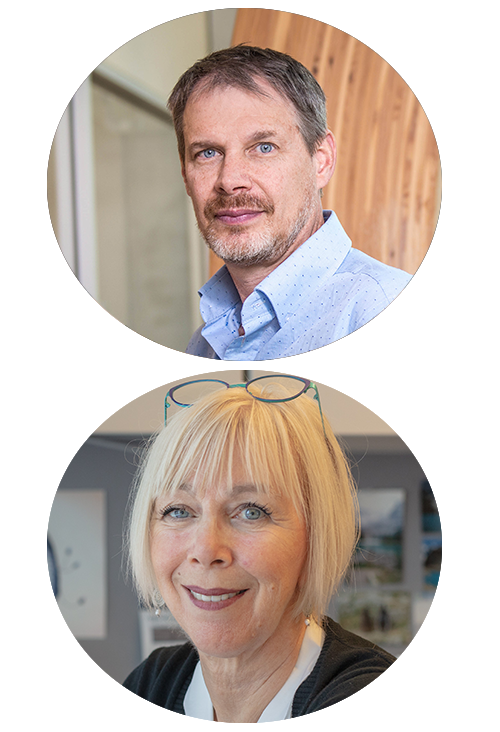
2021
Drs Anna Blakney and Sabrina Leslie join the Michael Smith Laboratories
Dr. Anna Blakney is jointly appointed as Assistant Professor to the Michael Smith Laboratories and the School of Biomedical Engineering. Her research focuses on the development of new biotechnologies with particular interest in applying cell biology and materials sciences to the engineering of vaccine formulations that deliver self-amplified RNA. An active and impactful science communicator and educator, Dr. Blakney joined Team Halo, an initiative started by the United Nations and Vaccine Confidence Project, which connects scientists and clinicians working on COVID-19 to the general public over TikTok.
Dr. Sabrina Leslie is jointly appointed as Associate Professor to the Michael Smith Laboratories and the Department of Physics and Astronomy. Dr. Leslie uses single-molecule microscopy to measure biomolecular interactions in the complex and stochastic environments of living cells in real-time. Her innovative research, like the invention of the Convex Lens-Induced Confinement (CLiC) imaging platform, contribute new biotechnologies and therapies that help to understand, identify, and combat both emerging and known diseases.
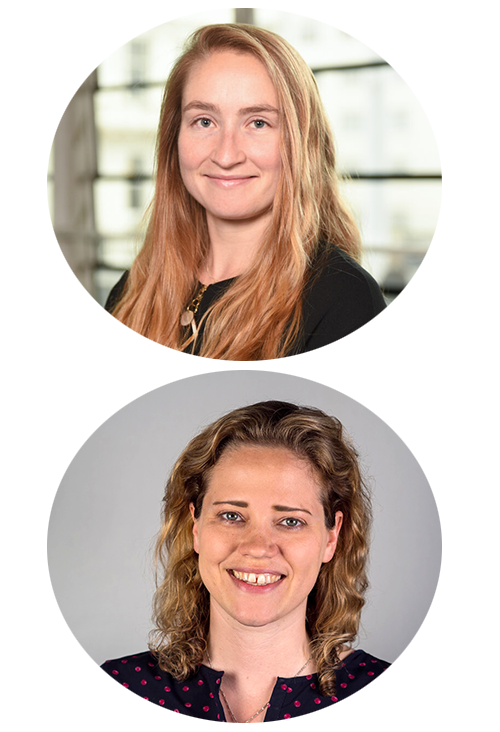
Dr. Anna Blakney Receives MSFHR Scholar Award
Dr. Anna Blakney receives a Michael Smith Foundation for Health Research (MSFHR) Scholar Award for her work with RNA vaccines and therapies. This MSFHR award supports early career researchers in developing their own research teams and programs working with innovative healthcare solutions. The annual award contributes $90,000 for five years towards expanding Dr. Blakney’s research program which investigates the interactions between RNA, biomaterials and the immune system and harnesses this knowledge to design next generation RNA vaccines and therapies.
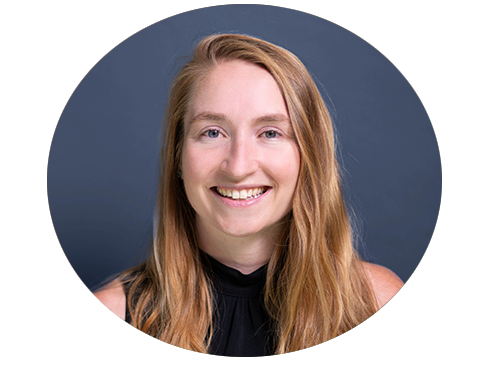
Dr. Terry Snutch Receives Bill and Marilyn Webber Lifetime Achievement Award
Dr. Terry Snutch is awarded the prestigious 2021 Bill and Marilyn Webber Lifetime Achievement Award by UBC’s Faculty of Medicine. This award recognizes extraordinary members who have had sustained and distinguished careers at UBC in the areas of research, teaching and service. A long-serving faculty member at UBC since 1989, Dr. Snutch is regarded internationally as a foremost expert and pioneer in molecular neurobiology. His significant contributions in the areas of neuronal physiology, pathophysiology and therapeutic intervention define an exemplary career that demonstrates his excellence in research, teaching and impactful transformations to health care.
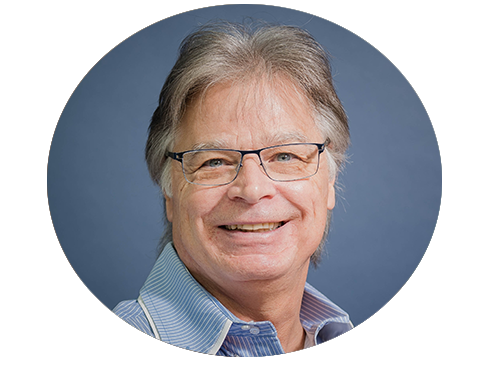
Dr. Peter Zandstra appointed Member of the Order of Canada
Dr. Peter Zandstra is appointed as a Member of the Order of Canada for his "pioneering leadership in the field of stem cell bioengineering and its subsequent innovative health and economic impacts.” This honour is bestowed upon Canadians that “…make extraordinary contributions to the nation.” As Director of both the Michael Smith Laboratories and the School of Biomedical Engineering, Dr. Zandstra has made enormous inroads into stem cell derived immunotherapies for chronic diseases. He is also the co-founder of the two biotechnology companies, ExCellThera and Notch Therapeutics. With over two decades of groundbreaking work in the fields of biotechnology and regenerative medicine, this appointment recognizes both Zandstra’s accomplishments and his contributions to the future health of Canadians.

2022
Dr. Martin Hirst appointed Director of the Michael Smith Laboratories
Dr. Martin Hirst has been a faculty member since 2015 when UBC’s Centre for High-Throughput Biology (CHiBi) merged with the MSL. His research focuses on understanding the role of the epigenome in normal development and disease while aiming to improve health outcomes for Canadians. Cross appointed with the Department of Microbiology and Immunology and Canada’s Michael Smith Genome Sciences Centre, Dr. Hirst brings a wealth of experience in genomic research and technology to his leadership role.
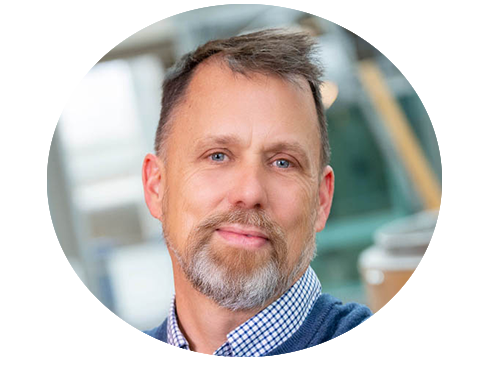
Dr. Xin Li nominated as Tier 1 Canadian Research Chair
Dr. Xin Li is nominated as a Tier 1 Canada Research Chair in Plant Immunity. A world-renowned expert in plant immunity and member of the MSL since 2001, Dr. Li has two main branches of research. Her work focuses on how plants’ immune systems recognize and respond to pathogens, as well as how fungal pathogens develop and cause damage to their hosts. Dr. Li is also central to is the Plant Responses To Eliminate Critical Threats (PRoTECT) program, bridging research from the University of British Columbia and the Georg-August-University Göttingen in Germany. Dr. Li’s research is essential for various aspects of food security and improving crop protection strategies globally.
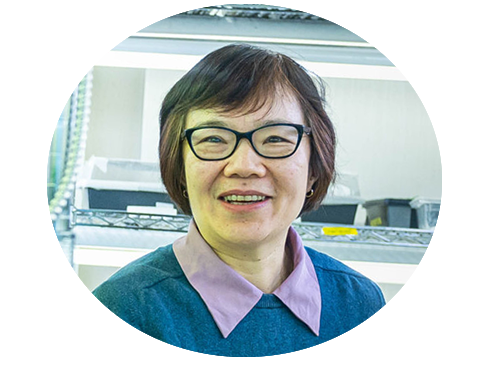
2023
Dr. Marco Todesco joins the Michael Smith Laboratories
Dr. Marco Todesco joins the MSL as an Assistant Professor in the field of Plant Bioengineering, jointly joint appointed with the Department of Botany and the Department of Biology, Irving K. Barber Faculty of Science UBC Okanagan. His research program uses a combination of molecular and developmental biology, quantitative genetics, genomics and field experiments to identify the genetic and molecular basis of diversity and adaptation in plants, with the goal of translating this knowledge towards crop improvement.
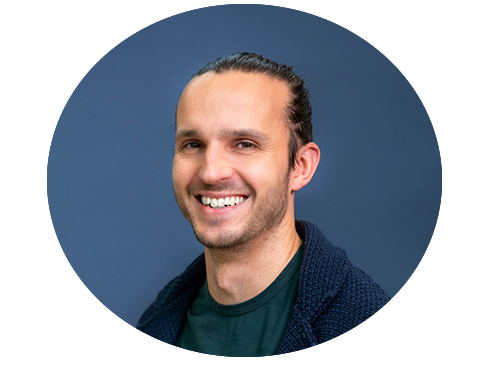
Dr. Marco Marra joins the Michael Smith Laboratories
Renowned genome scientist and cancer researcher Dr. Marco Marra joins the MSL as a Professor, cross appointed with UBC’s Department of Medical Genetics and holding a Canada Research Chair in Genome Science. Using a combination of bioinformatics, genomics, genetics and cell biology, the Marra lab reveals key insights about cancer cell vulnerabilities, with the intention of exploiting them to improve treatment outcomes for cancer patients. Dr. Marra’s research has also contributed to the Human Genome Project, the sequencing of the SARS coronavirus genome, and the application of whole genome analyses for personalized cancer medicine.
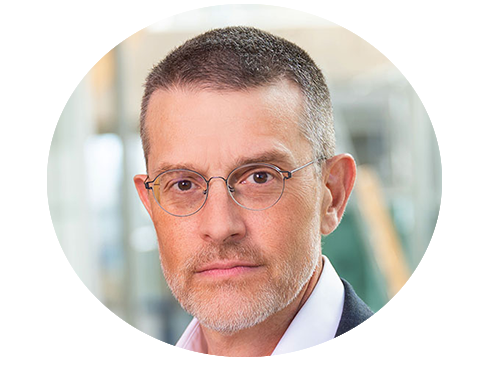
Dr. Anna Blakney nominated as Tier 2 Canada Research Chair
Dr. Anna Blakney is nominated as a Tier 2 Canada Research Chair in Nucleic Acid Bioengineering. Dr. Blakney’s research program is working at the forefront of RNA technology exploration and application, developing next-generation RNA vaccines and therapies. During her PhD, Dr. Blakney was part of a team that developed a self-amplifying RNA vaccine for COVID-19. Now moving beyond COVID-19 treatment and prevention, Dr. Blakney’s lab is exploring applications for mRNA technology in the treatment of ovarian cancer.
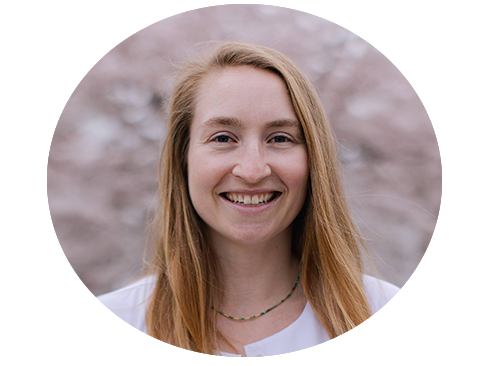
Dr. Terrance Snutch awarded Margolese National Brain Disorders Prize
Dr. Terrance Snutch is recognized for his outstanding accomplishments in the field of brain research, receiving the prestigious Margolese National Brain Disorders Prize. With a vast research career spanning over three decades, Dr. Snutch is internationally regarded as a pioneer in the field of molecular neurobiology. As a prolific inventor of novel brain disorder targets and therapeutics, he holds over 100 U.S. and international issued patents. Dr. Snutch receives Canada’s most prestigious award for basic and clinical brain research, for his “…ground-breaking research, drug design and development, and clinical and commercial translation – all directly contributing to treatments for brain disorders”.
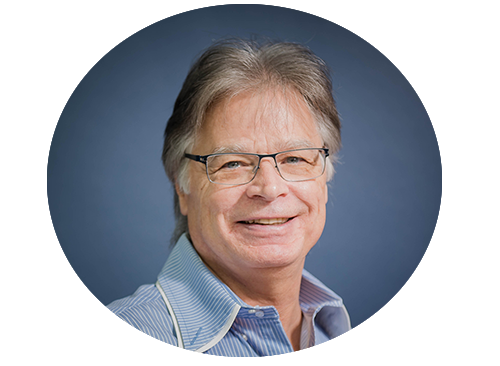
Dr. Peter Zandstra receives the Life Sciences BC Scientific Entrepreneurship Award
Dr. Peter Zandstra is nominated for the inaugural Scientific Entrepreneurship Award from Life Sciences BC Former Director of the MSL and cross-appointed with the School for Biomedical Engineering, Dr. Zandstra’s work straddles the space between academia and industry. On top of running a stem cell-focused biotechnology research laboratory as a Tier 1 Canada Research Chair in Stem Cell Bioengineering, he has founded several biotechnology companies, including ExCellThera and Notch Therapeutics, both of which have made a significant impact on the design of novel therapeutic technologies.
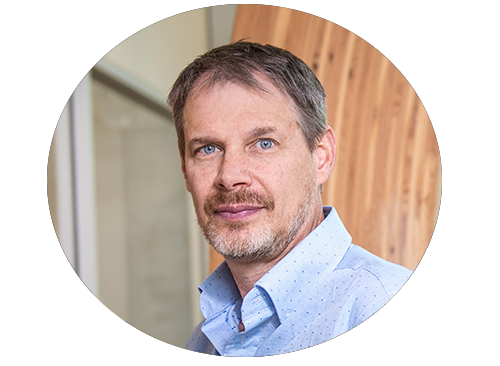
2024
Dr. Xin Tang joins the Michael Smith Laboratories
Dr. Xin Tang joins the MSL as an Assistant Professor in the field of Computational Cell Biology, holding a joint appointment with the Department of Computer Science. His research program focuses on the integration of artificial intelligence (AI) with single-cell biology, using AI to better understand and interpret cellular processes. This work can have various biomedical applications, such as the prediction of individual patient response to treatment, allowing individuals with disabilities to control computers or communicate through thought, and promoting healthy aging.
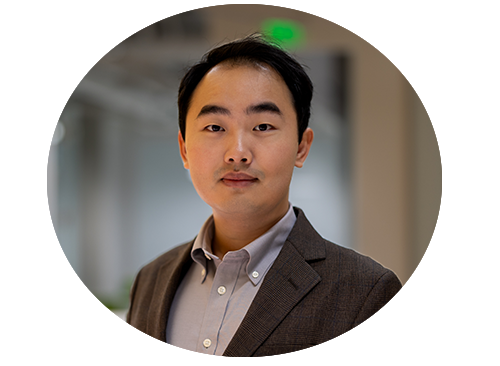
Michael Smith Bronze Portrait unveiled at Science World
On December 1, 2024, a bronze portrait of our founding Director Dr. Michael Smith was unveiled in the Science World main lobby. The portrait honours his legacy in BC and across Canada, not just for his scientific discoveries, but for his impact on the field of science as a whole.
Dr. Marco Marra appointed as Officer of the Order of Canada
Dr. Marco Marra is appointed an Officer of the Order of Canada for how he “propelled Canada to the forefront of genome research.” This honour is bestowed upon Canadians who “make extraordinary contributions to the nation”. Dr. Marra’s leading genome research has included work on the Human Genome Project, sequencing the SARS coronavirus genome, and most recently studying the genomics of several cancers towards personalizing cancer treatment. Outside of his research program, Dr. Marra has long remained a leader in BC and Canada’s genomics research, education and training spaces. As co-founder and director of Canada’s Michael Smith Genome Sciences Centre at BC Cancer for over two decades, co-founder and co-director of our Genome Sciences and Technology Graduate Program, and a founding member of our Bioinformatics program, his leadership and impact continue to shape the field of genomics.
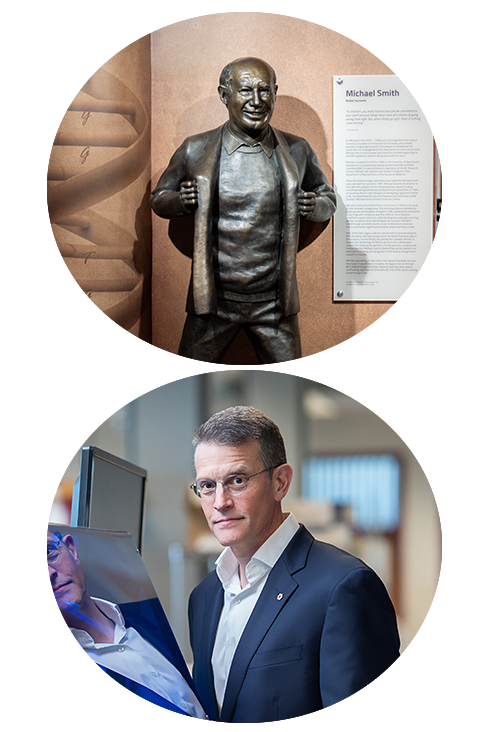
2025
Killam Prizes in Health Sciences and Engineering awarded to MSL faculty members
Two MSL faculty members are awarded 2025 Killam Prizes by the Killam Trusts. Dr. Marco Marra receives the Killam Prize in Health Sciences, and Dr. Peter Zandstra receives the Killam Prize in Engineering. Among Canada’s most distinguished research awards, the Killam Prizes recognize “active Canadian scholars who have distinguished themselves through sustained research excellence, making a significant impact in their respective fields.”
Dr. Marra is celebrated for how he has “driven the expansion of genomics in Canada”, leading research on the study of cancer cell mutations to open the door to personalized cancer treatment.
Dr. Zandstra is recognized for being a “globally recognized leader in cell therapy bioprocess engineering”, focusing on stem cell bioengineering and regenerative medicine for the development of therapies to treat immune disorders and cancers.
